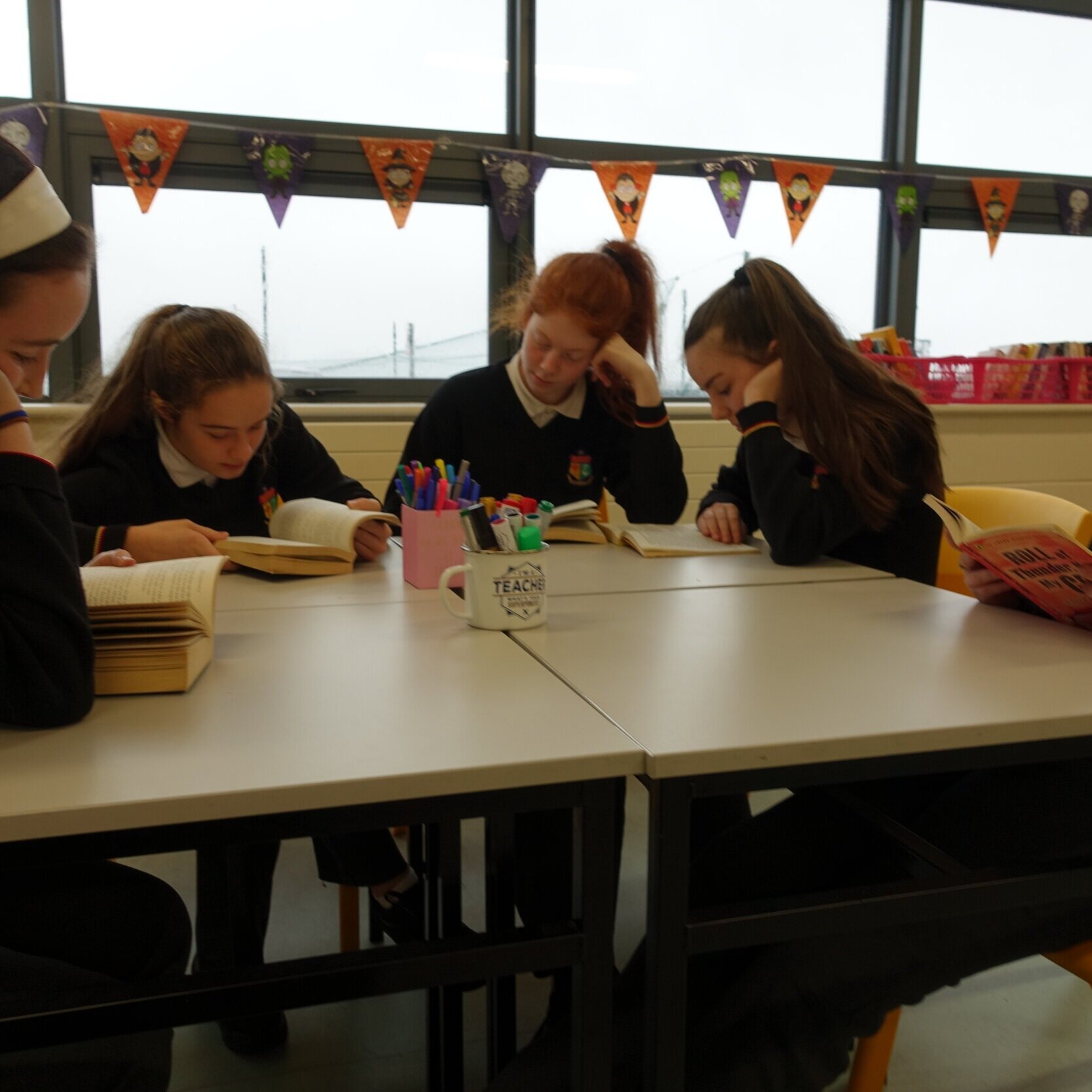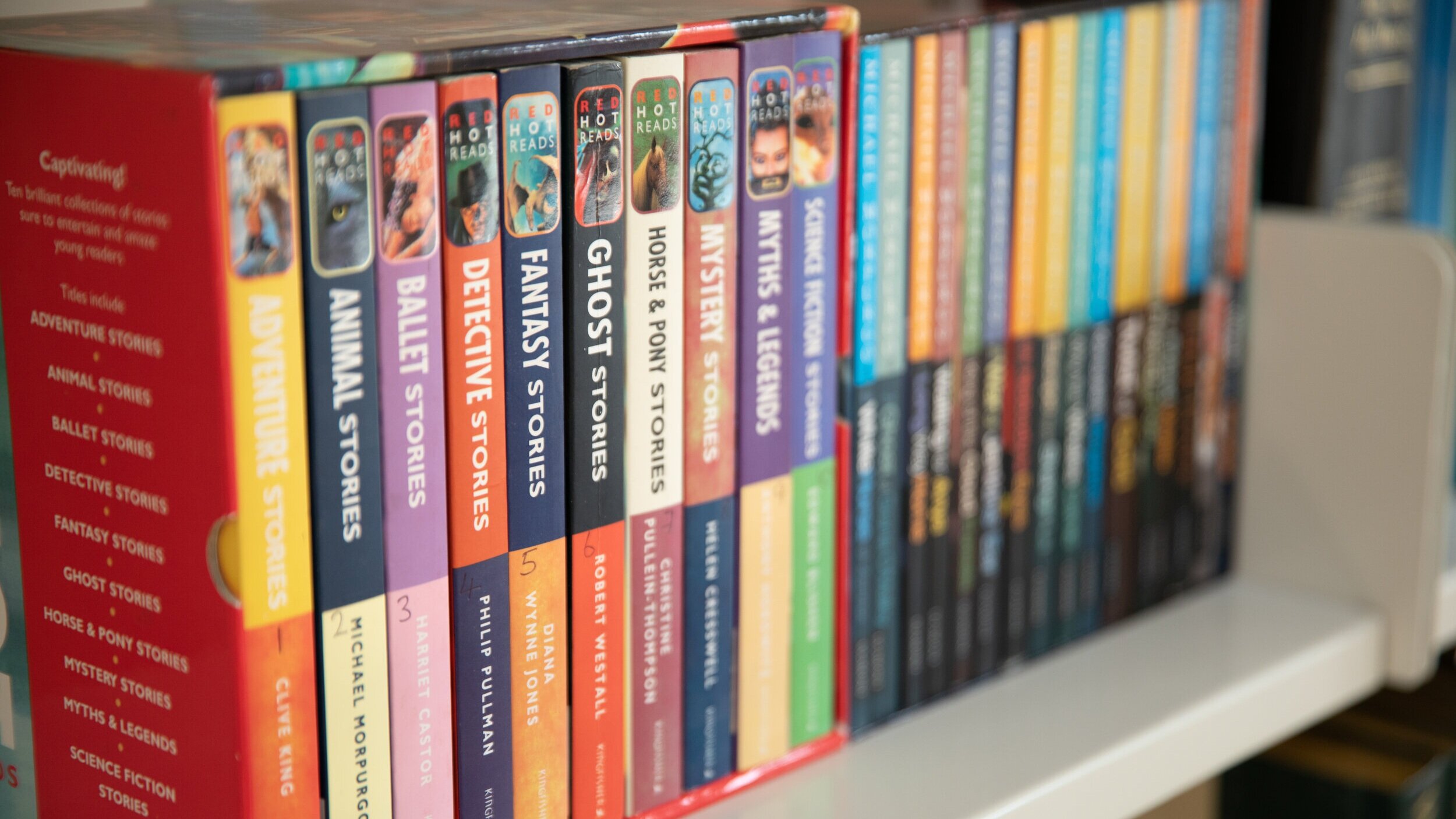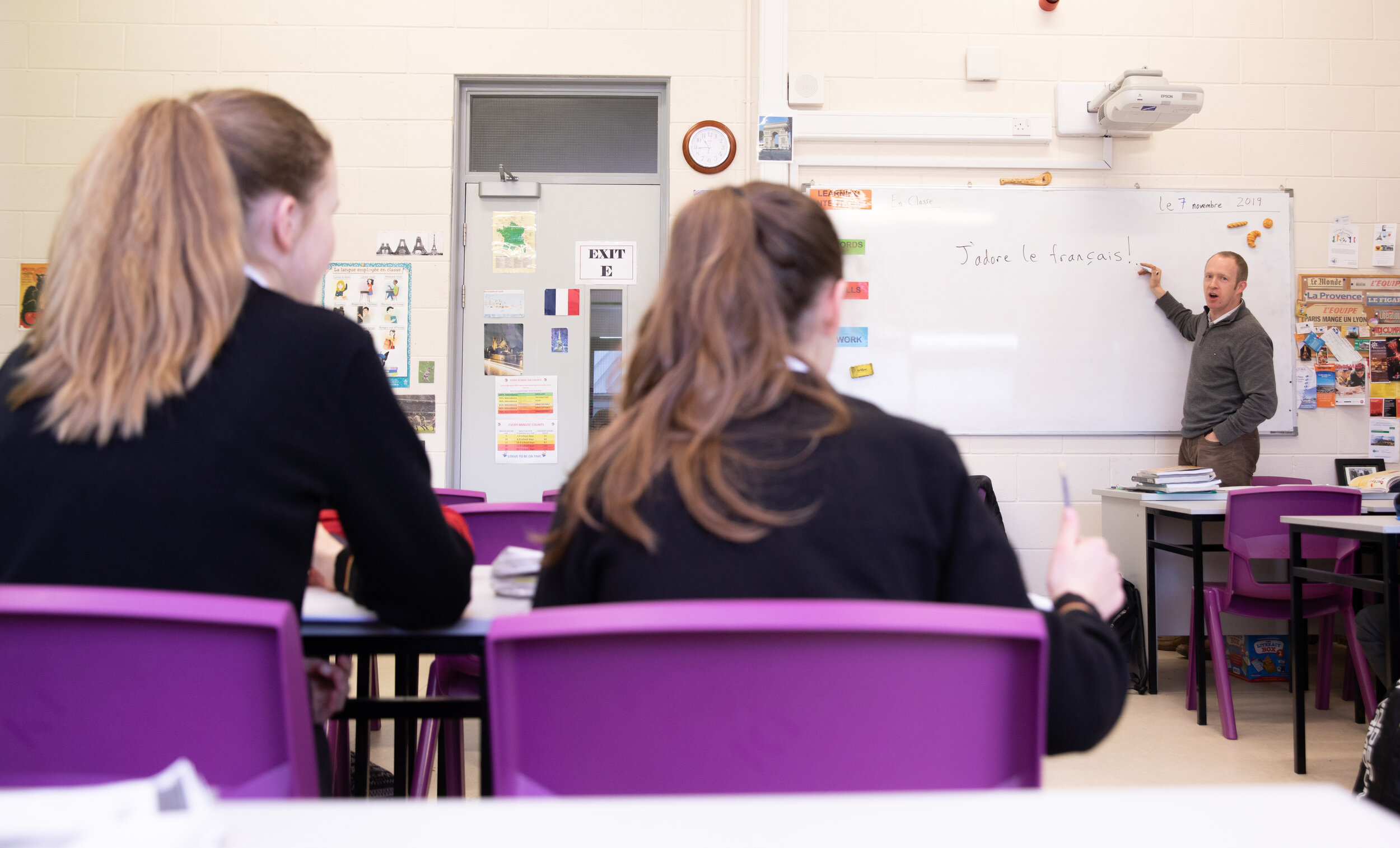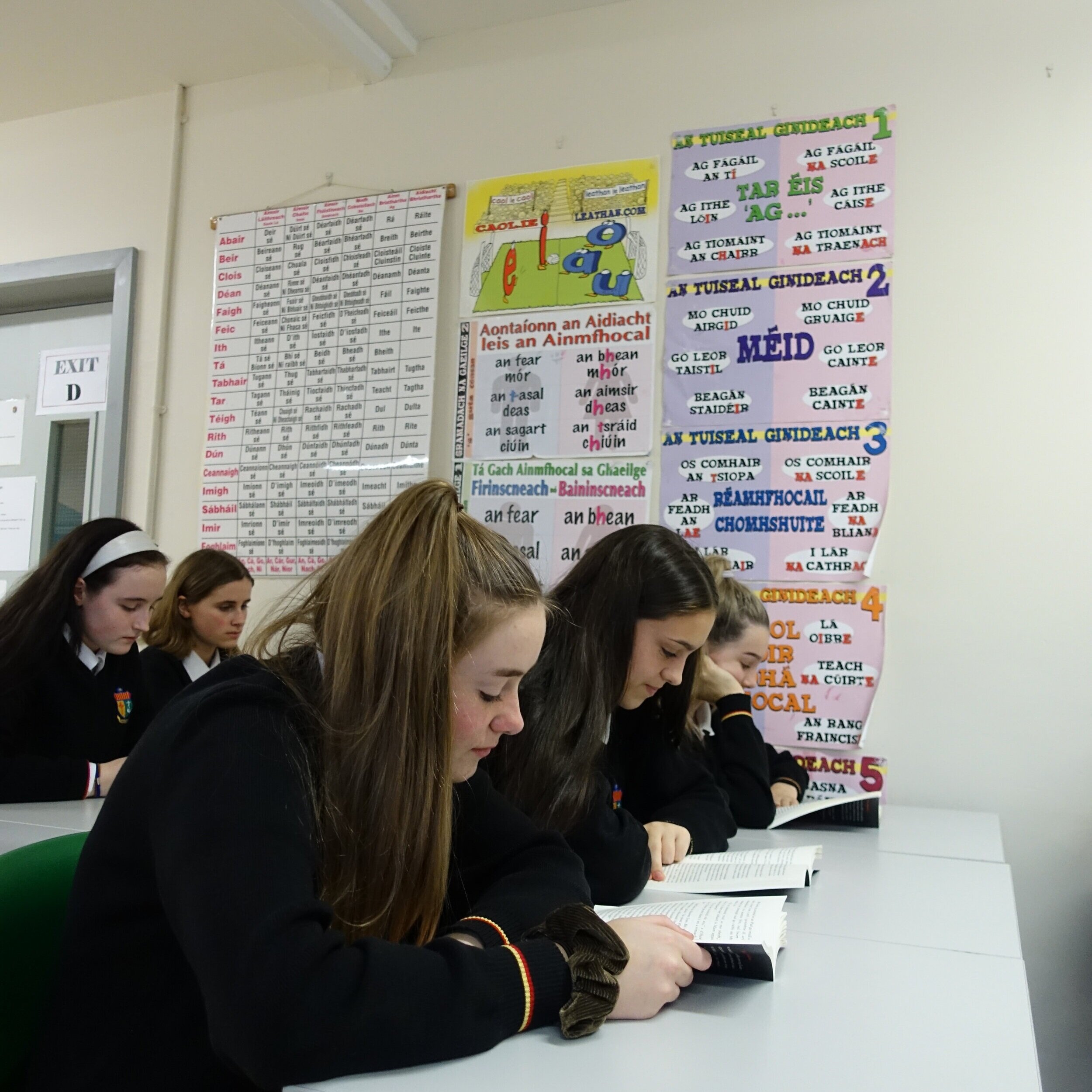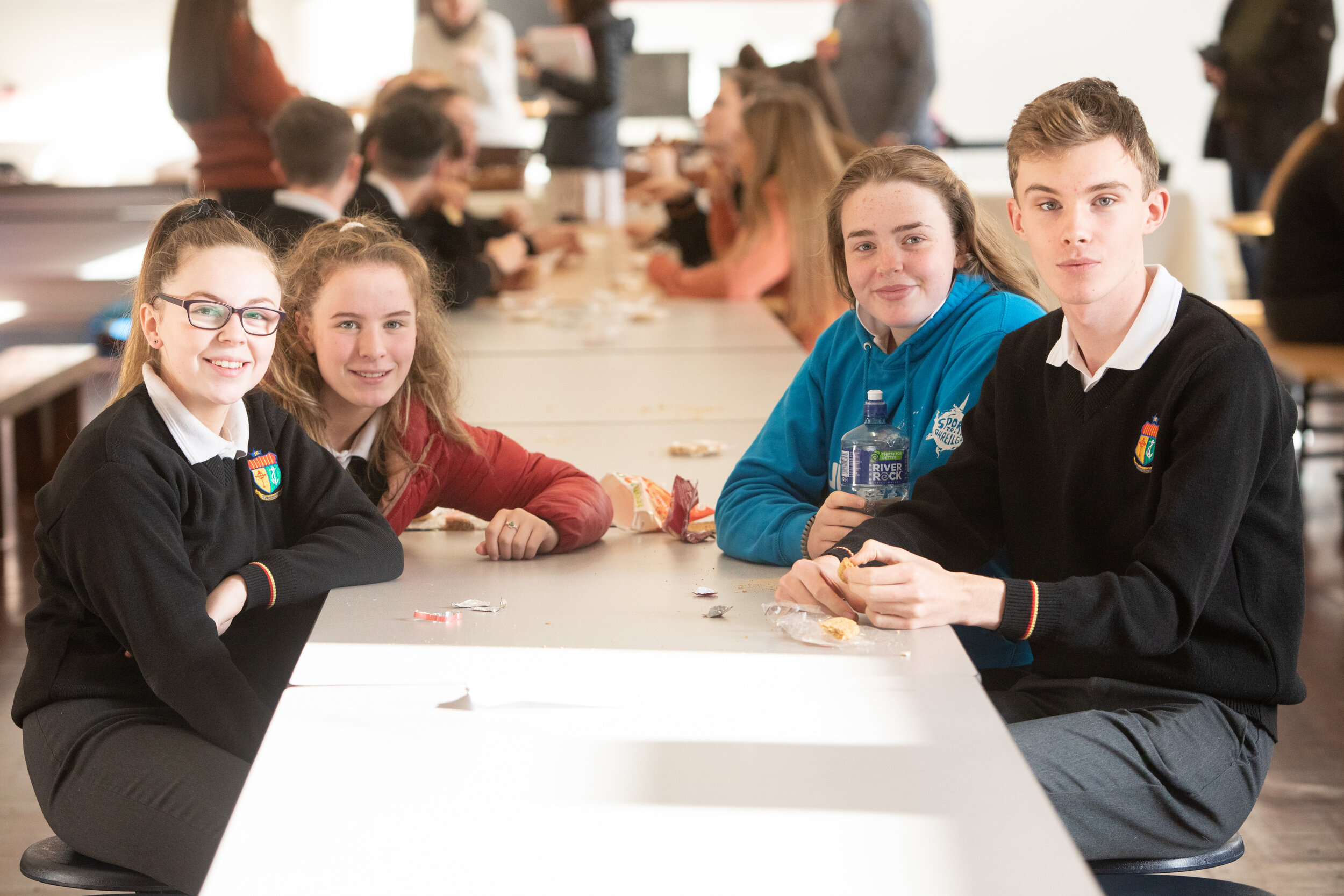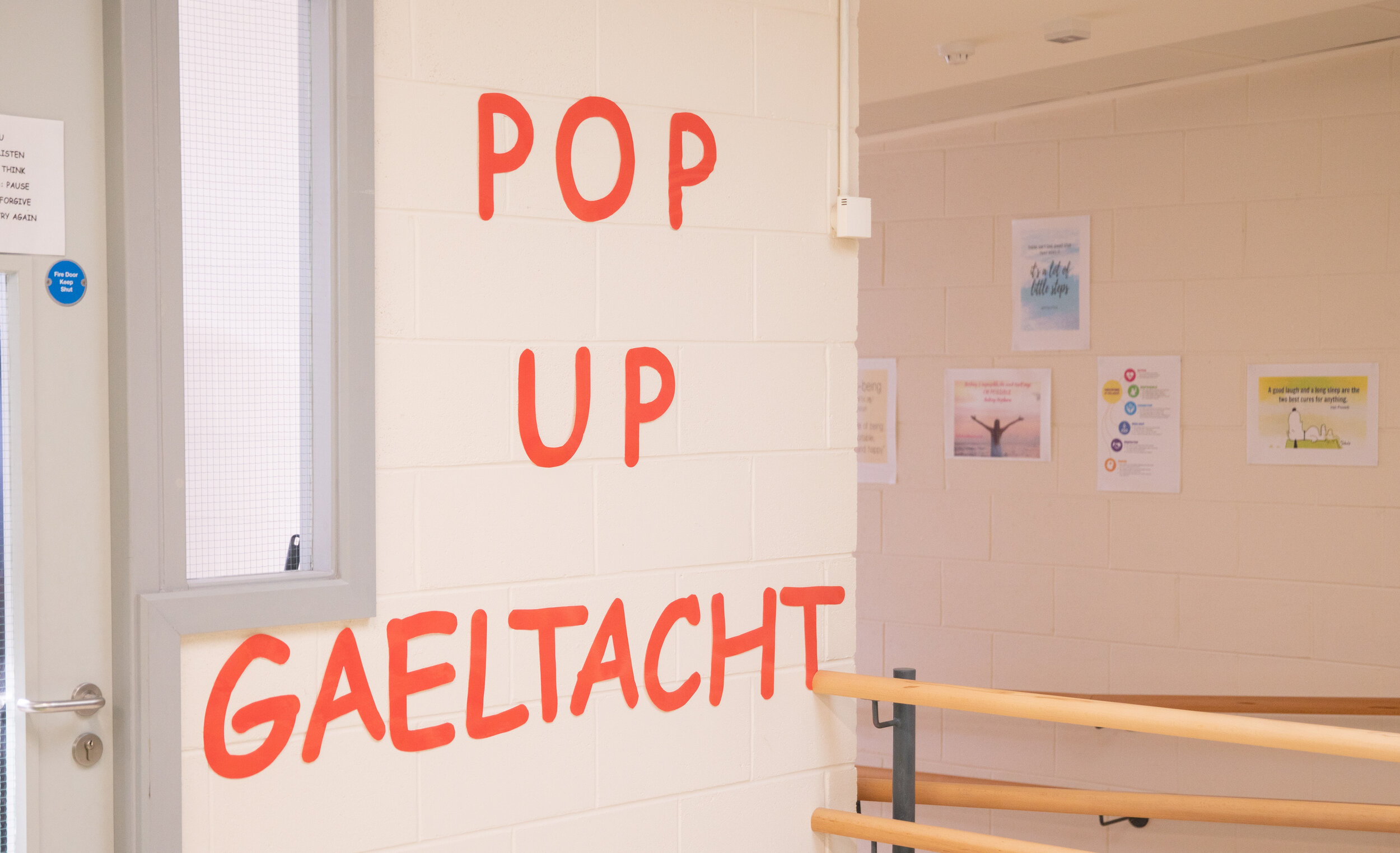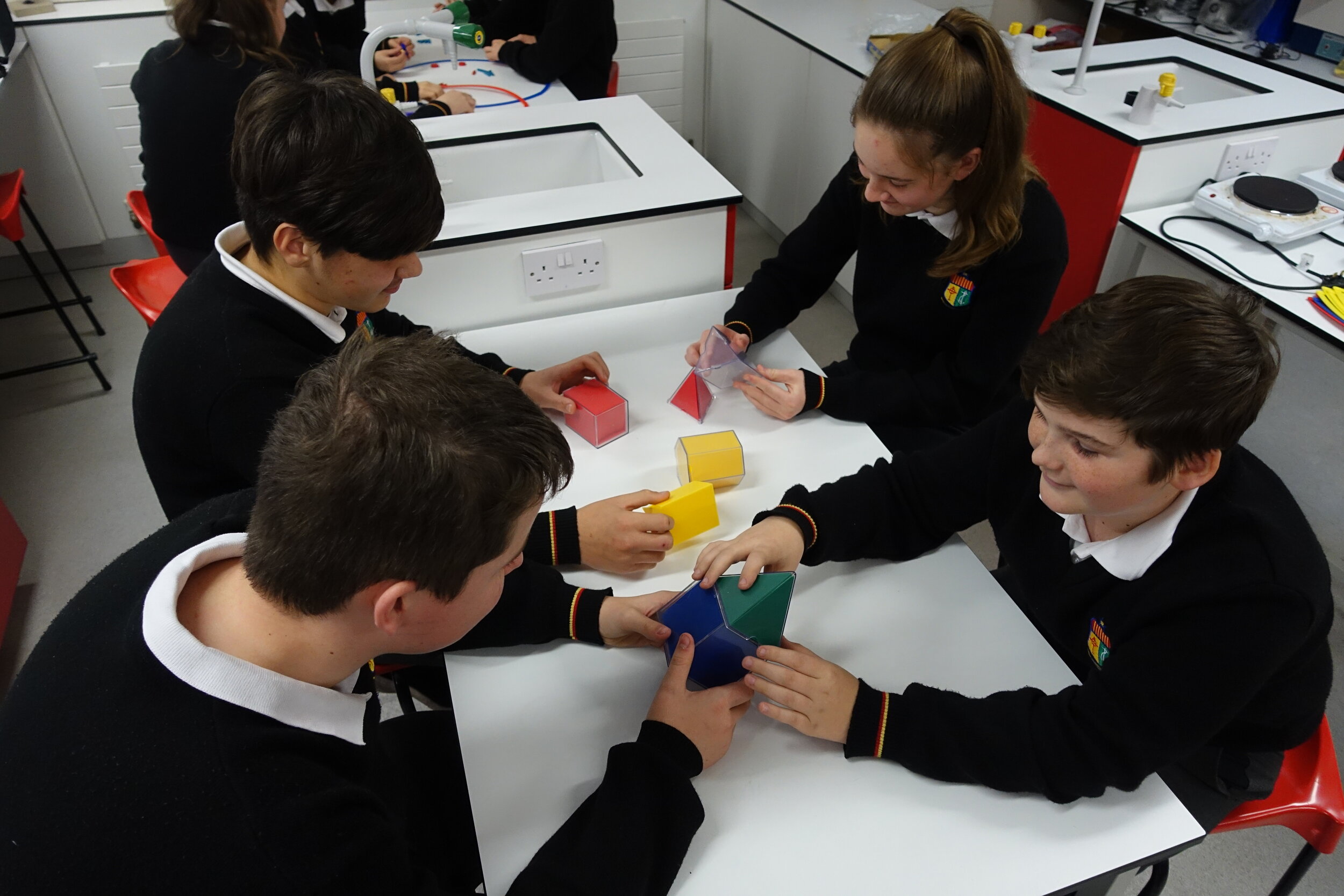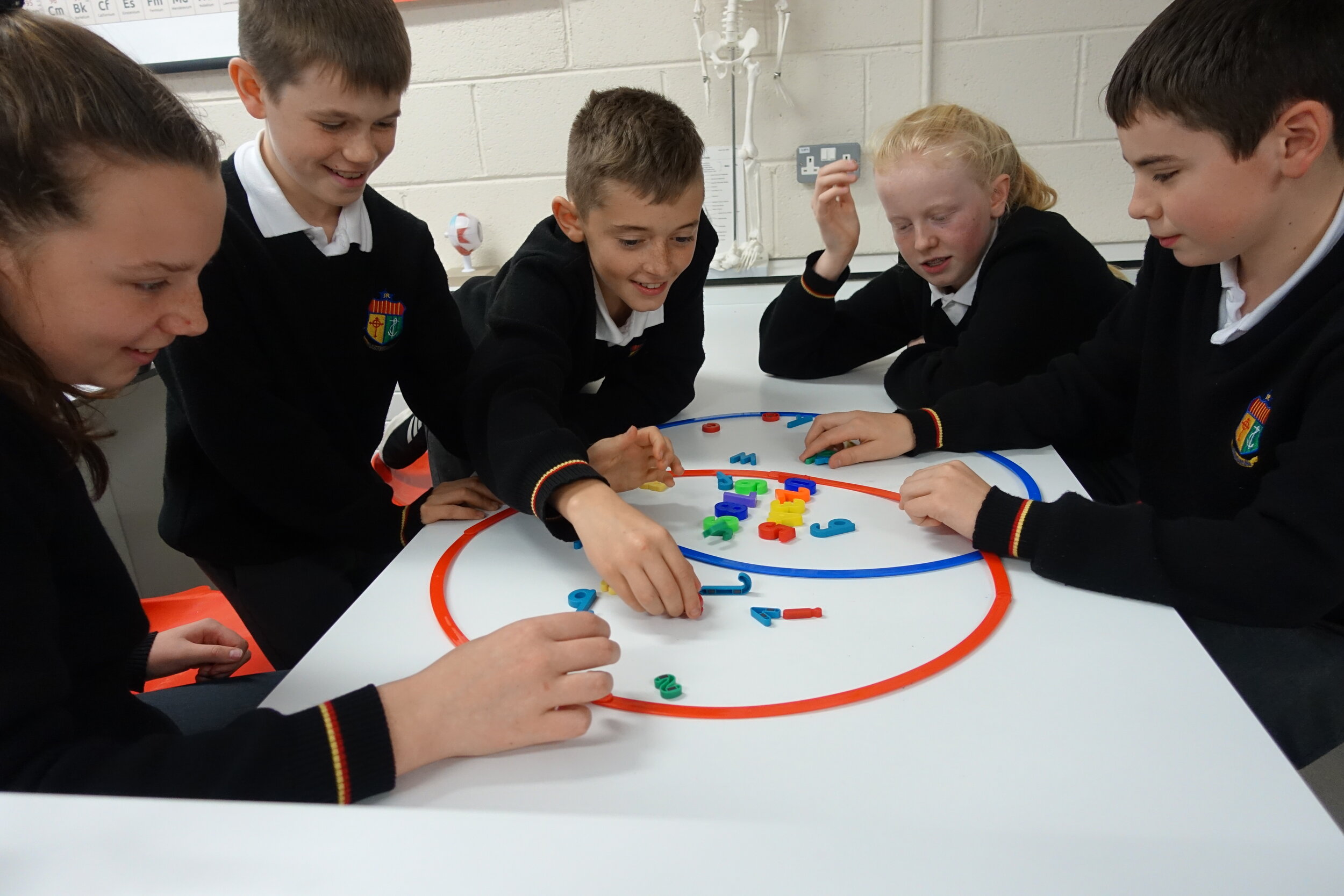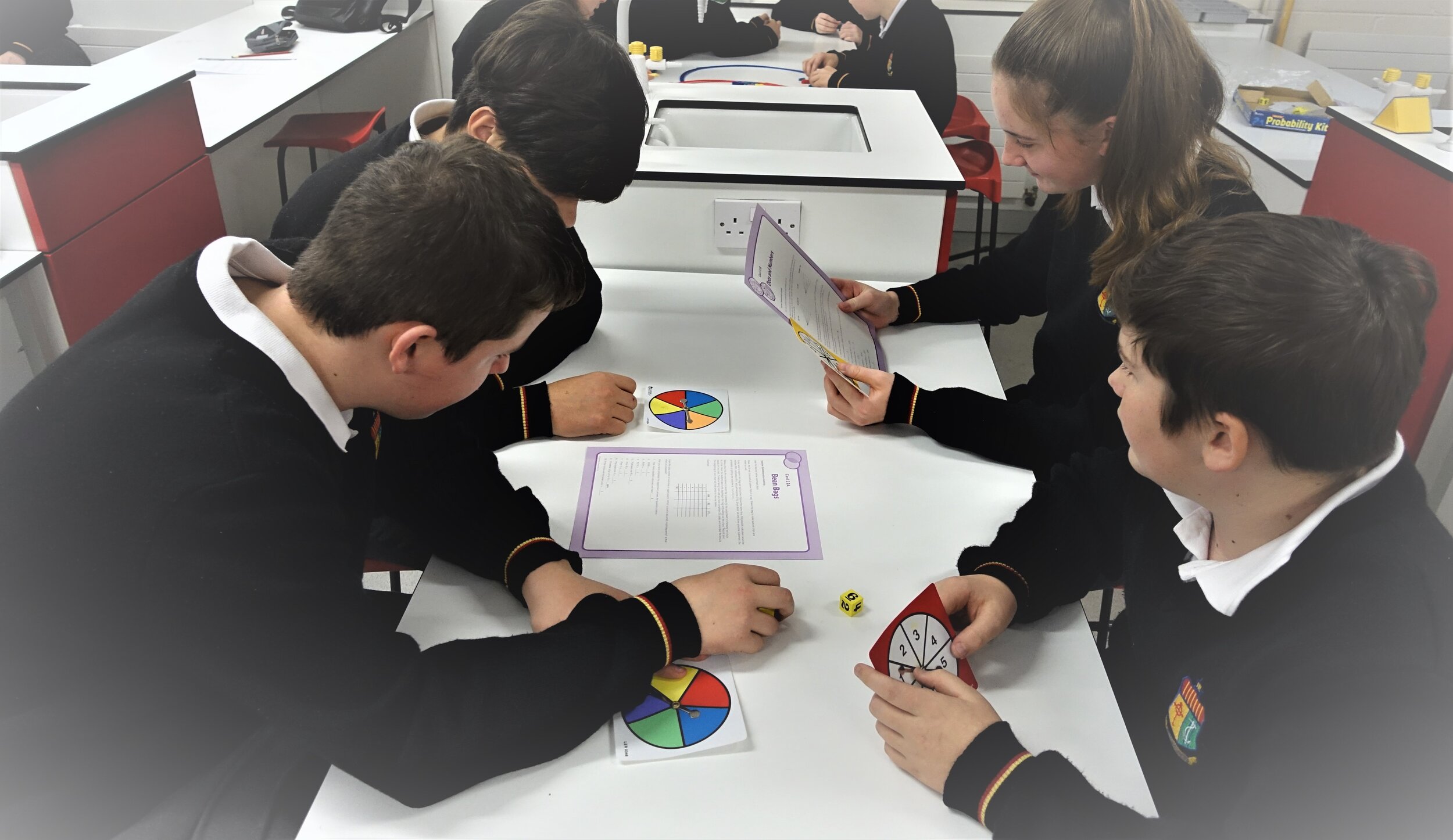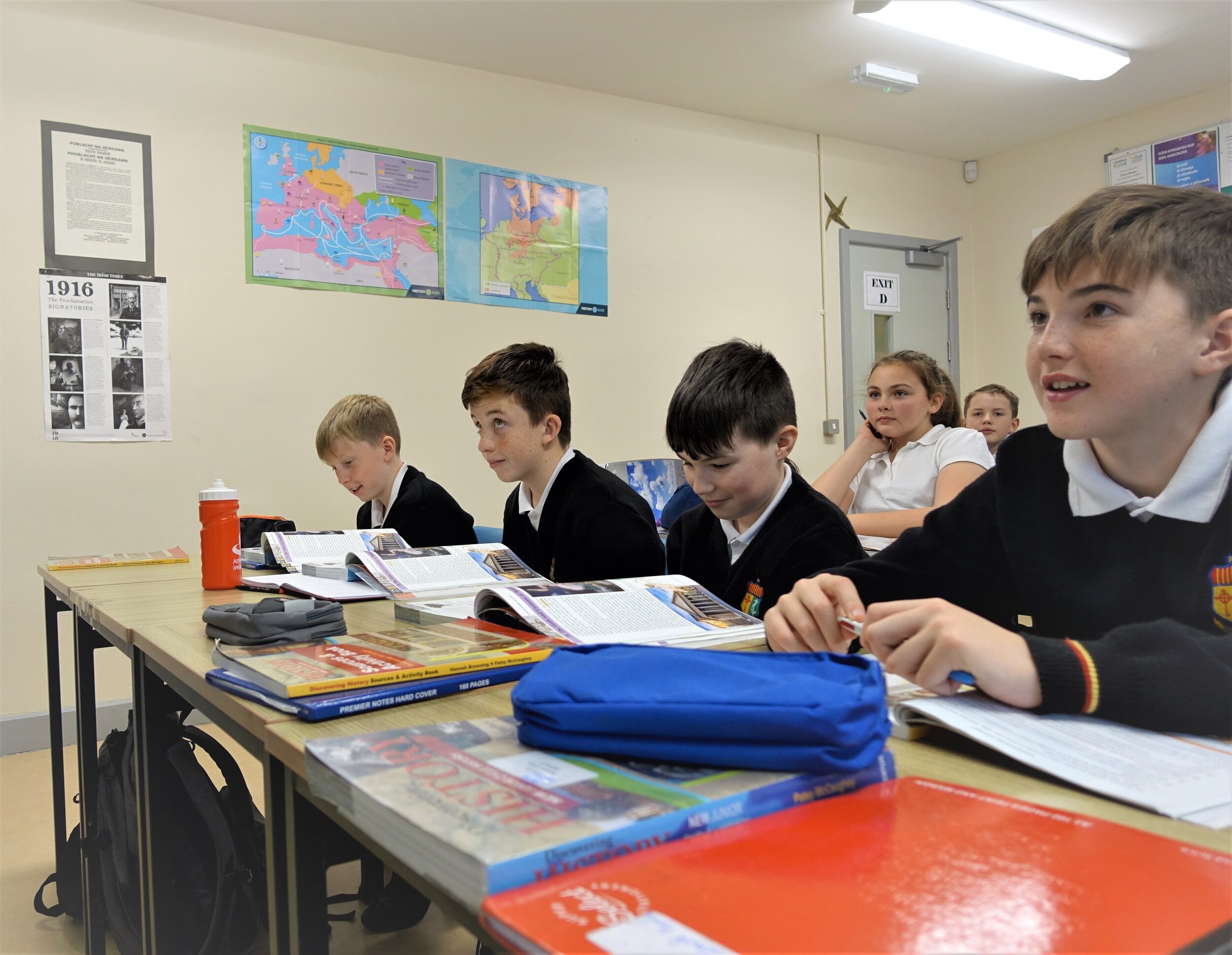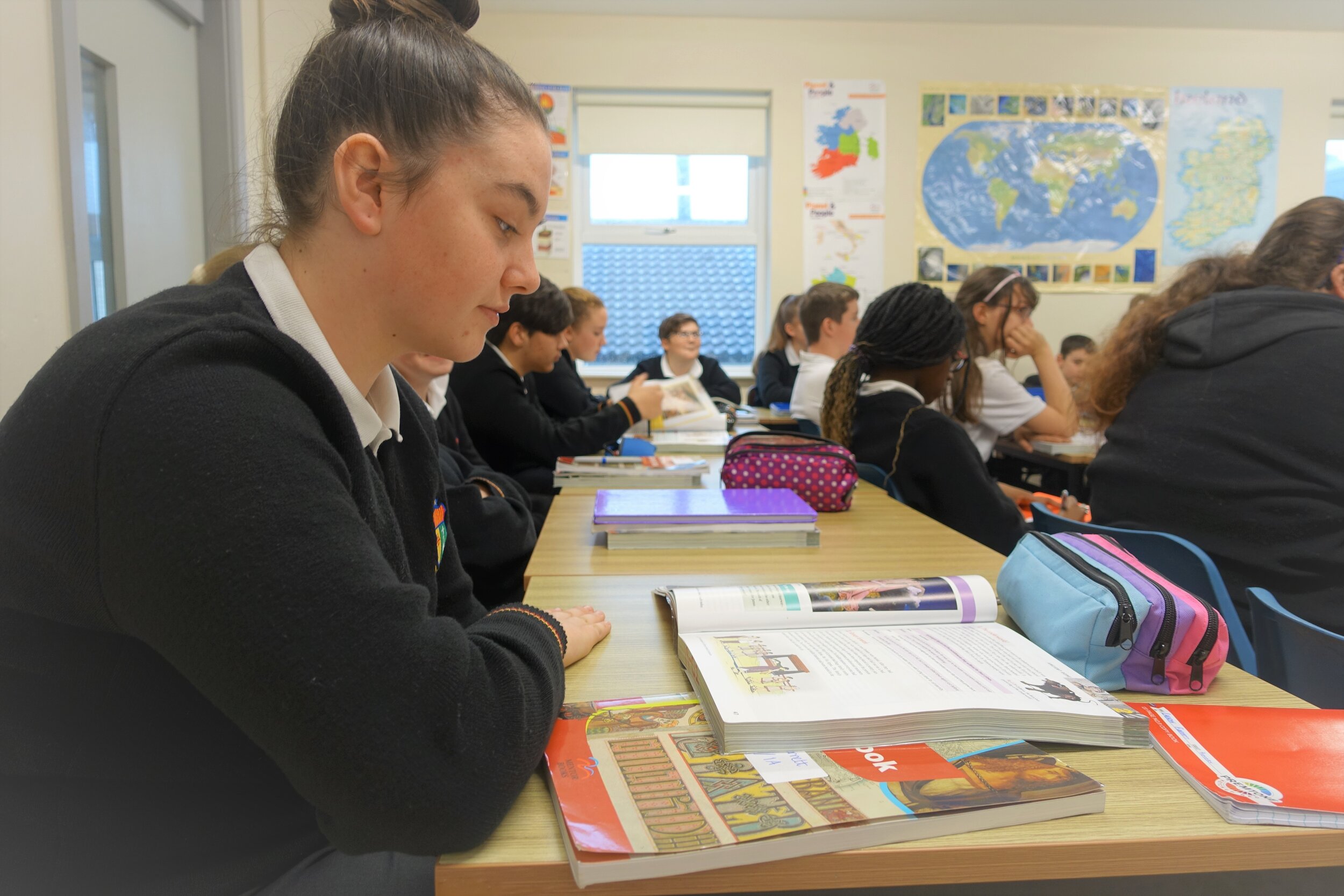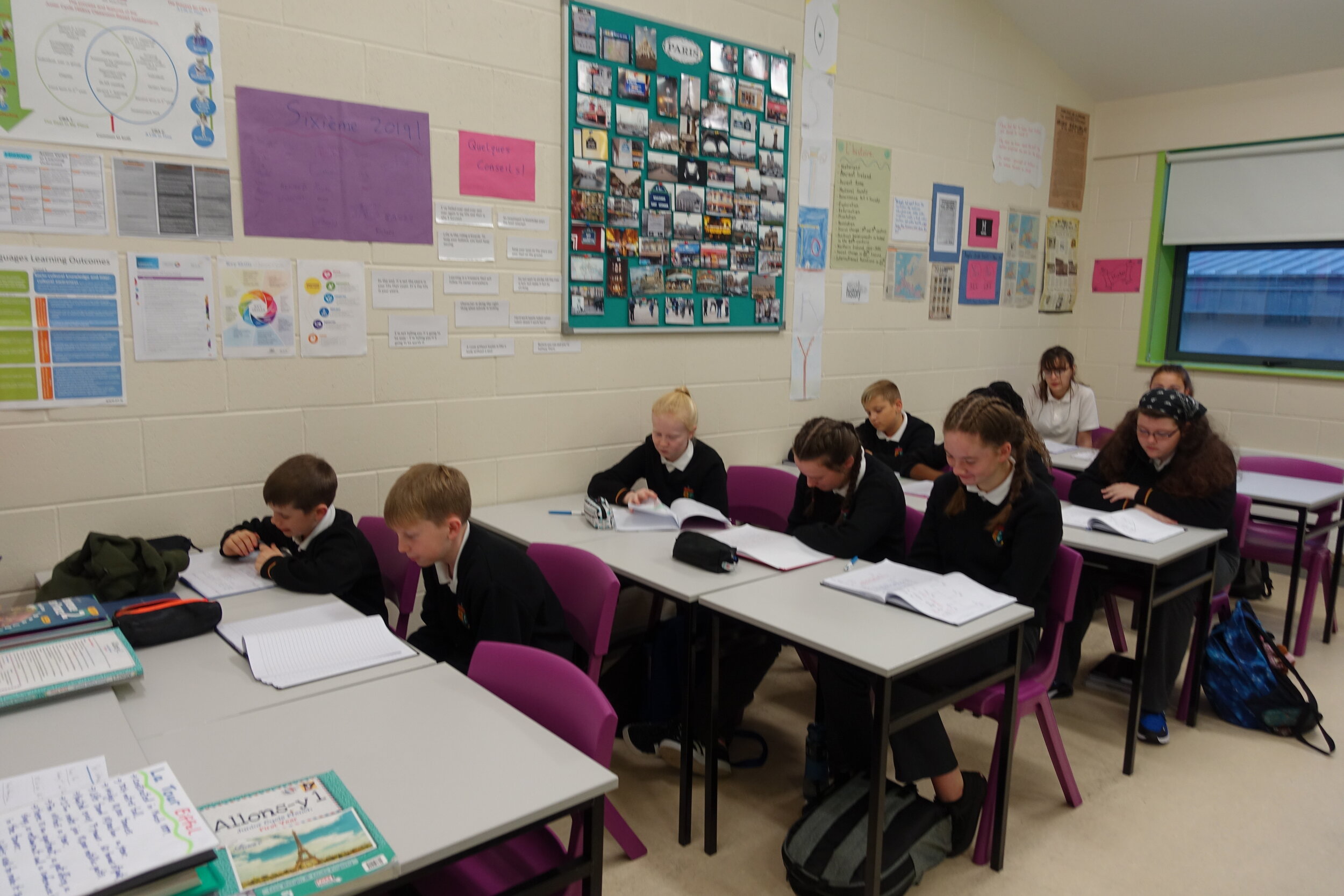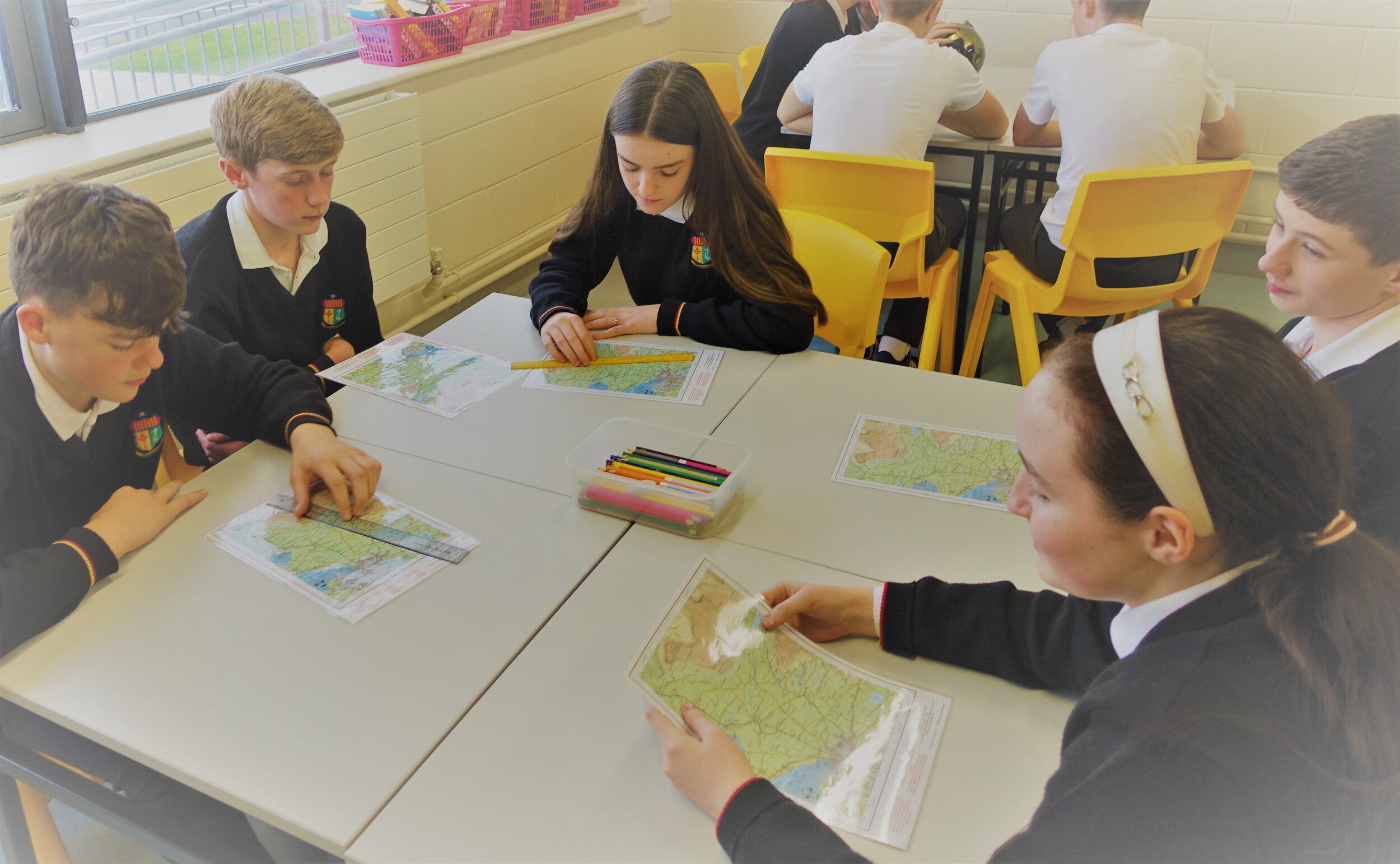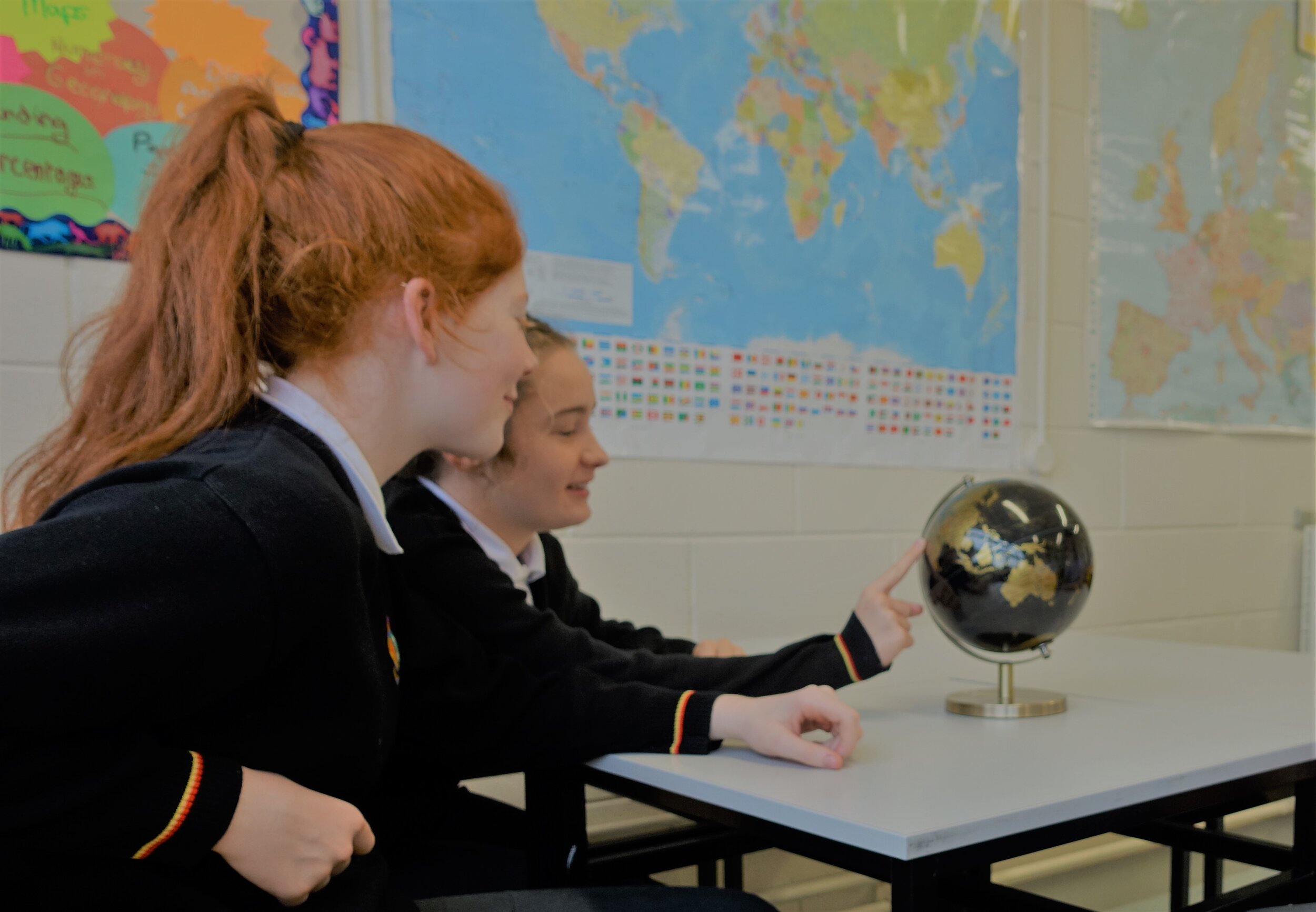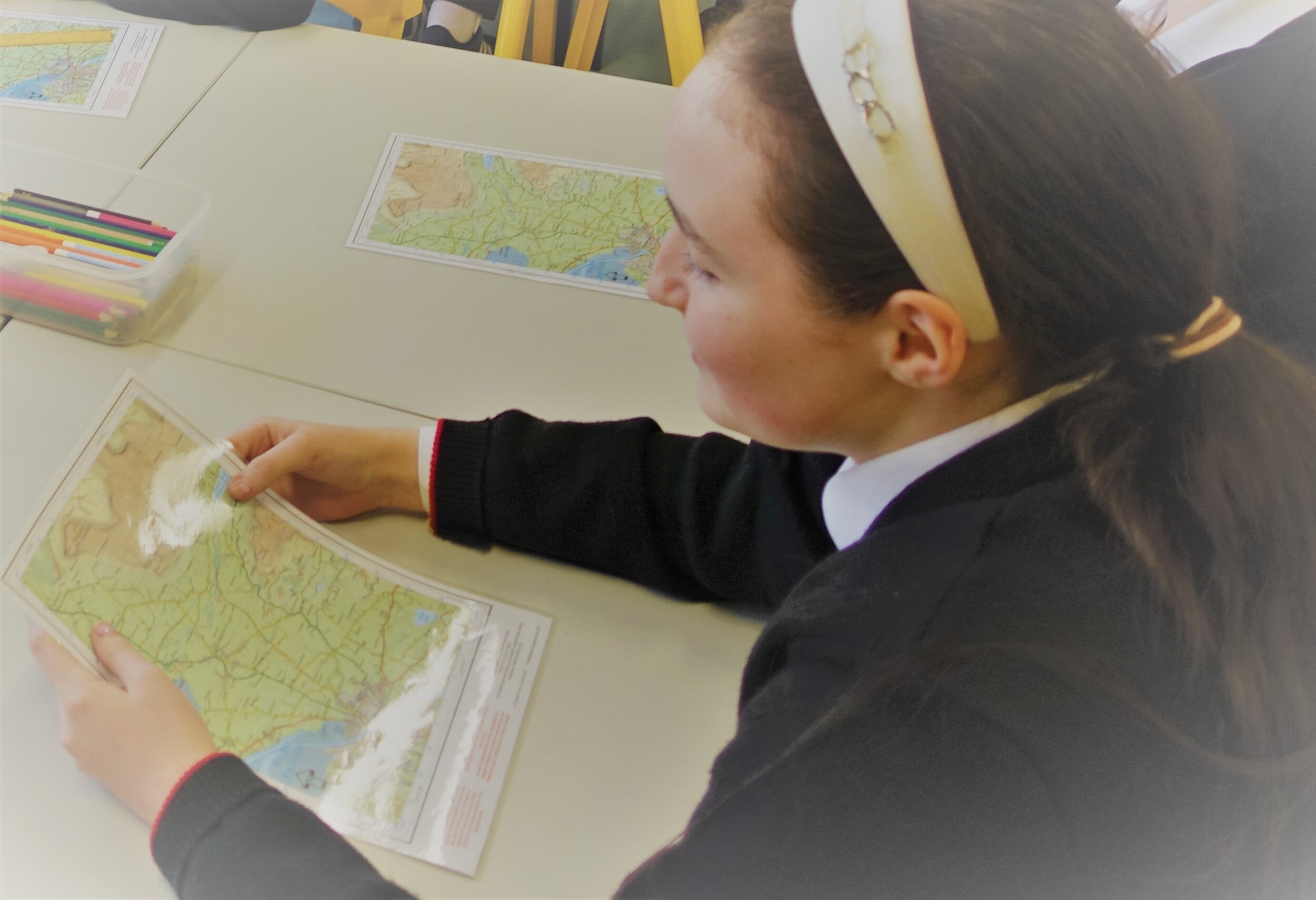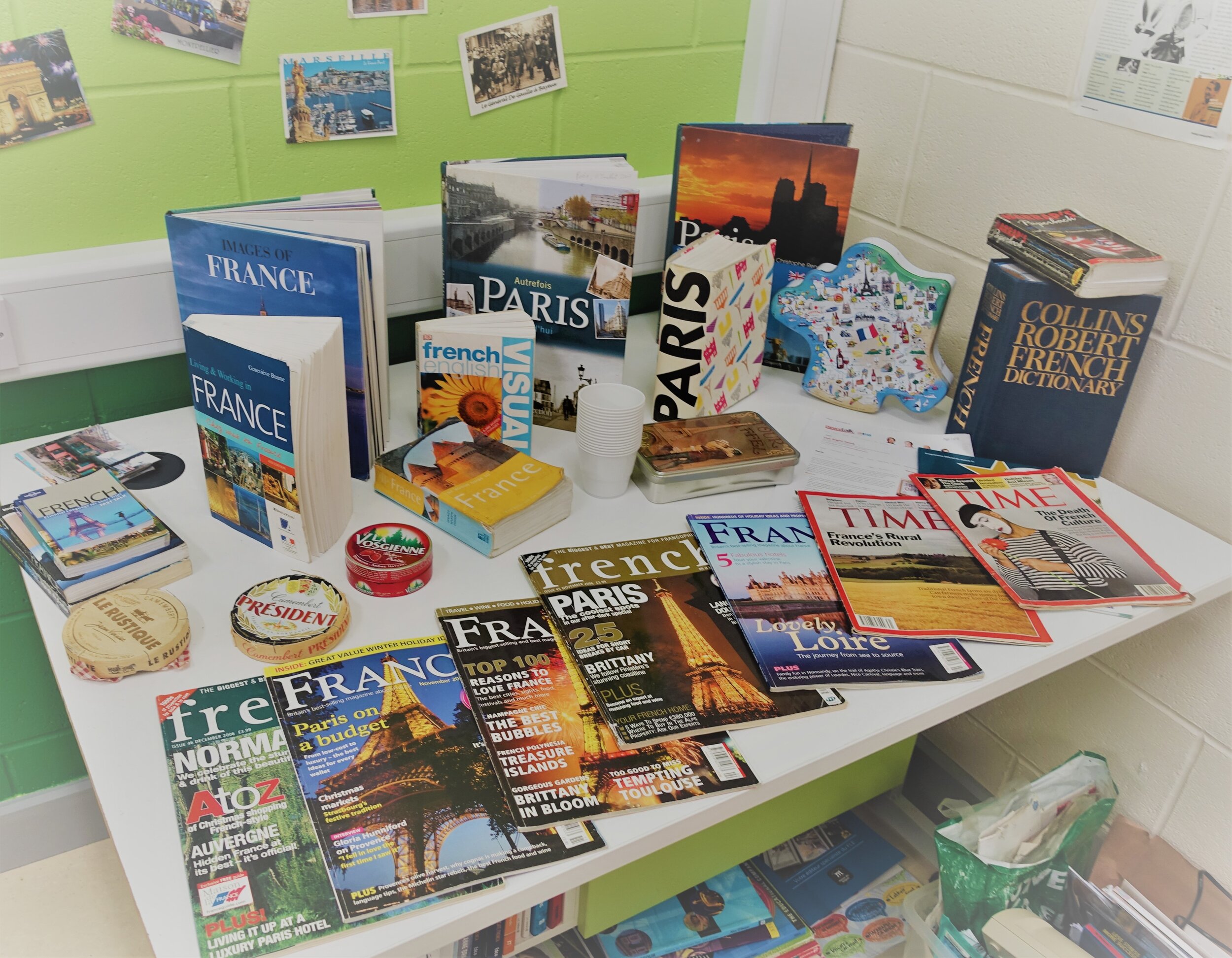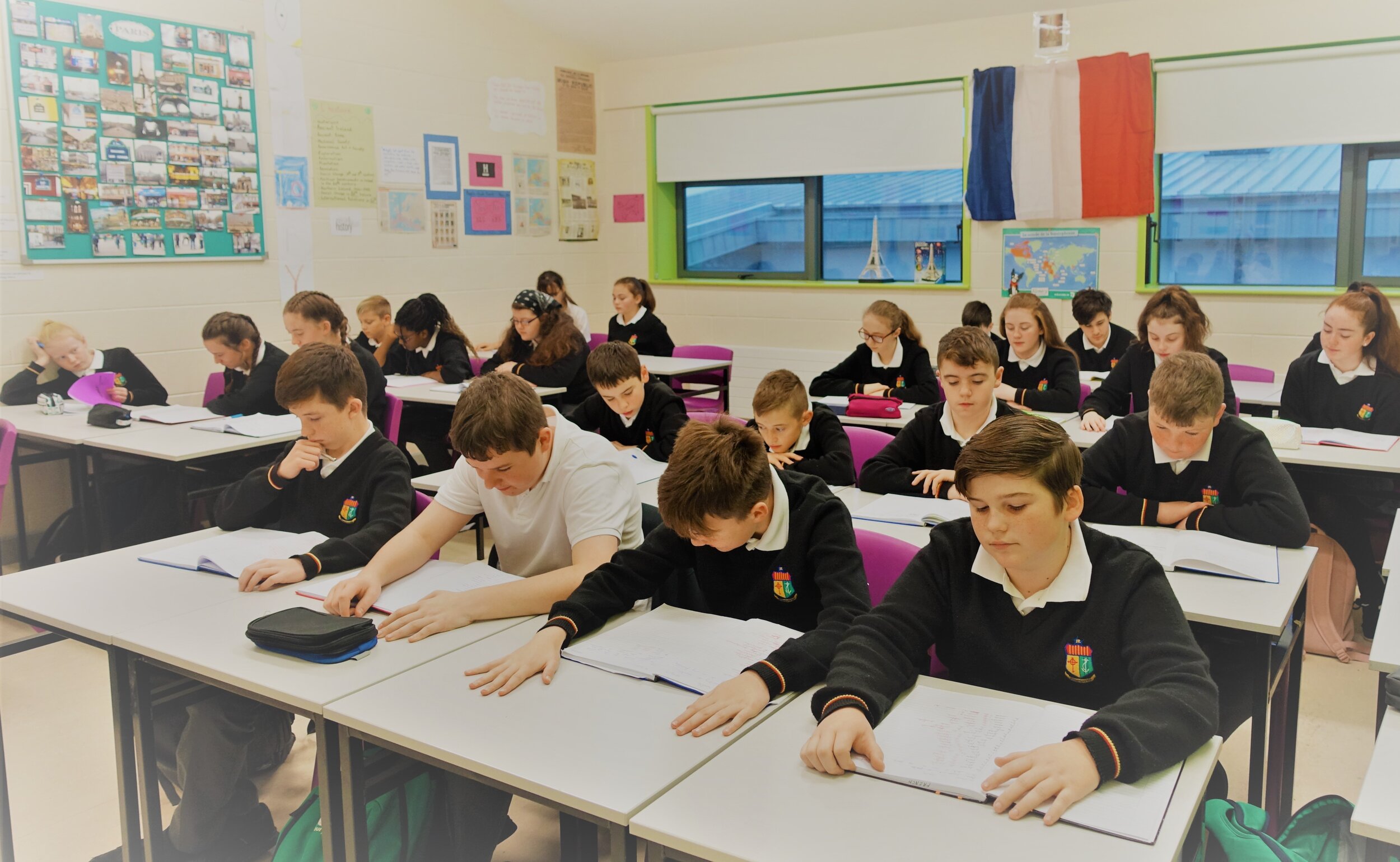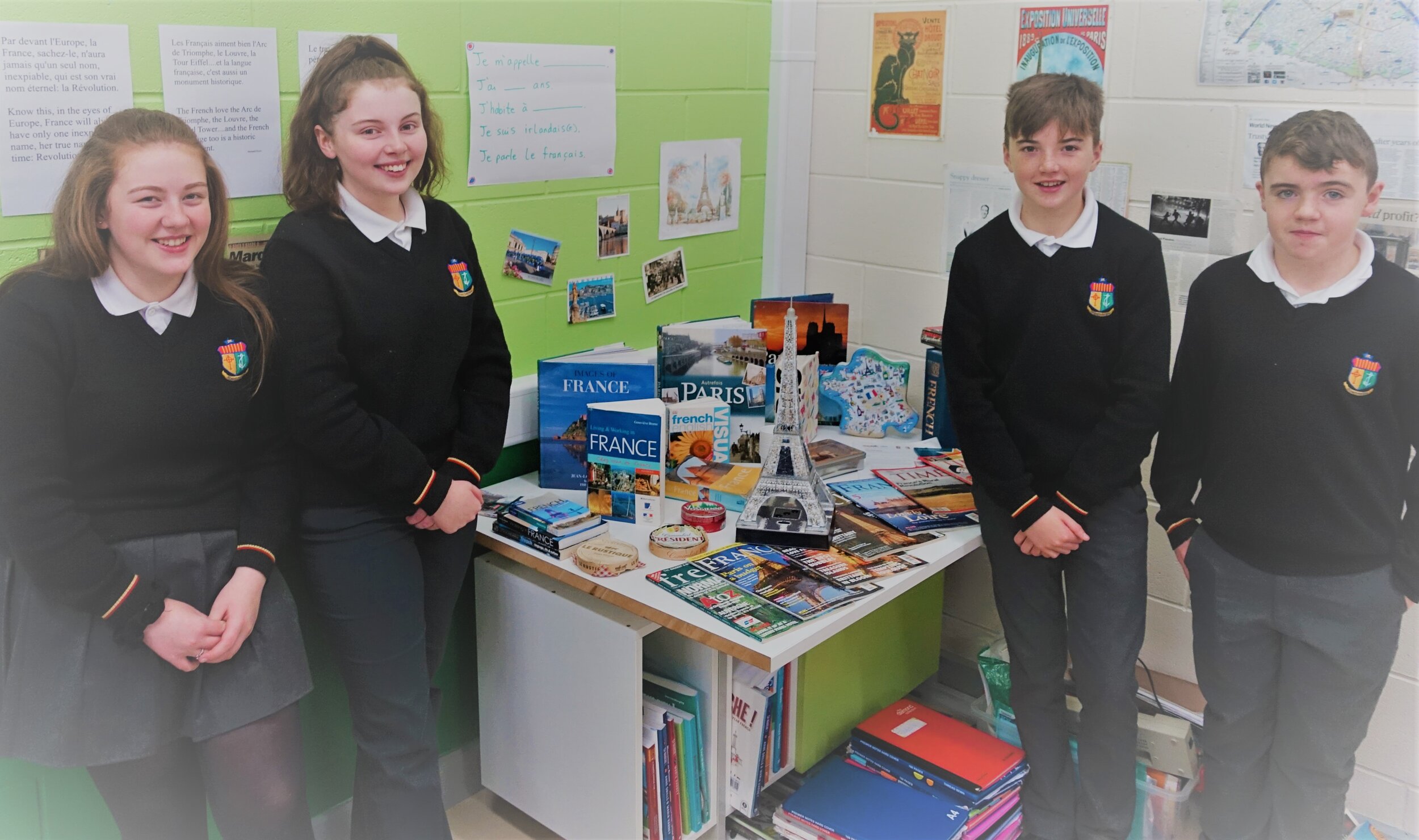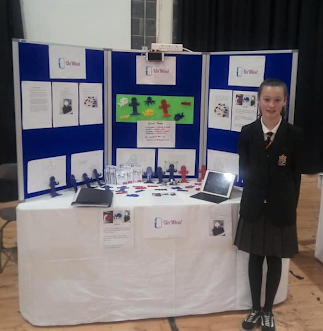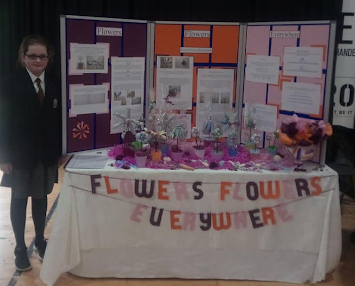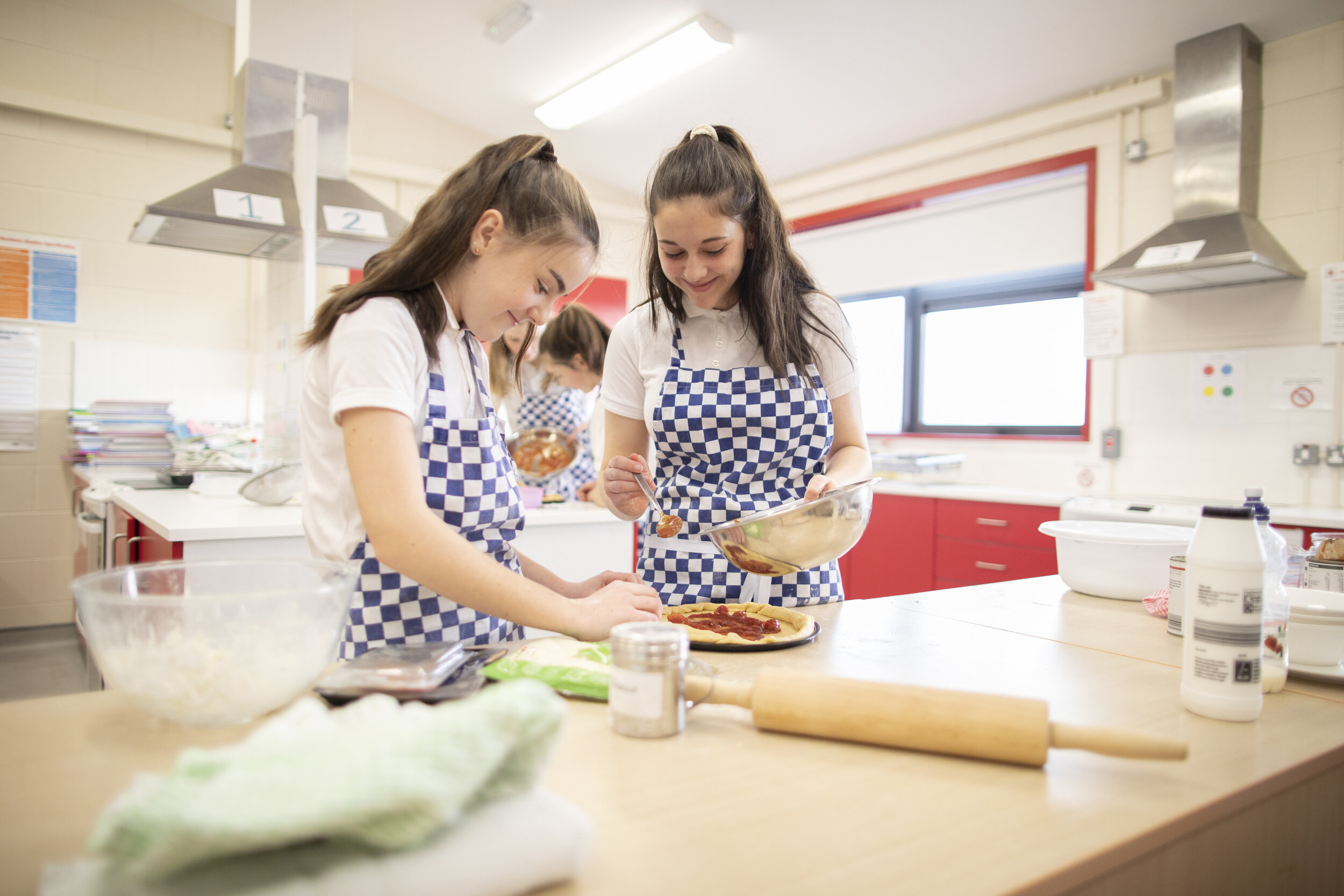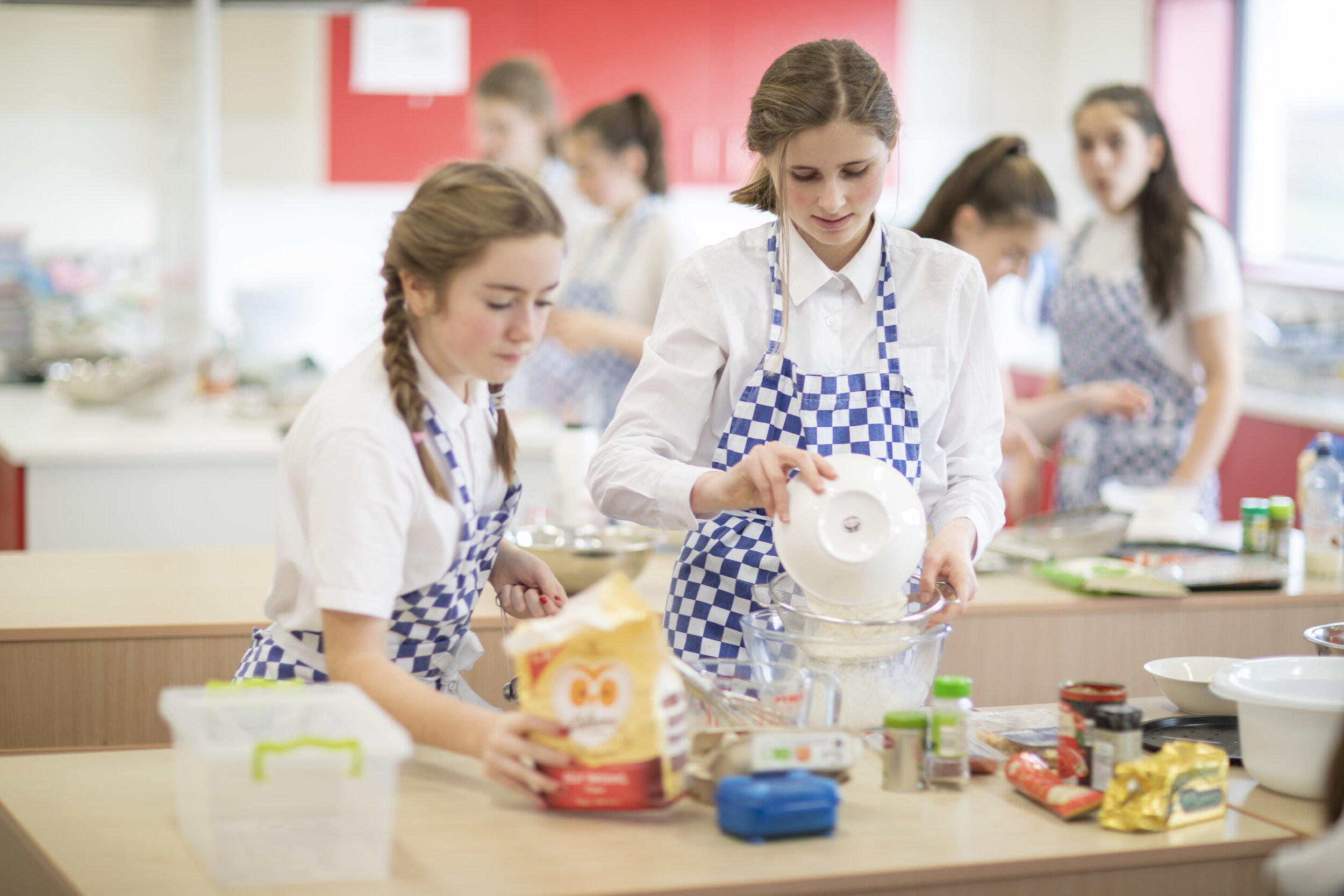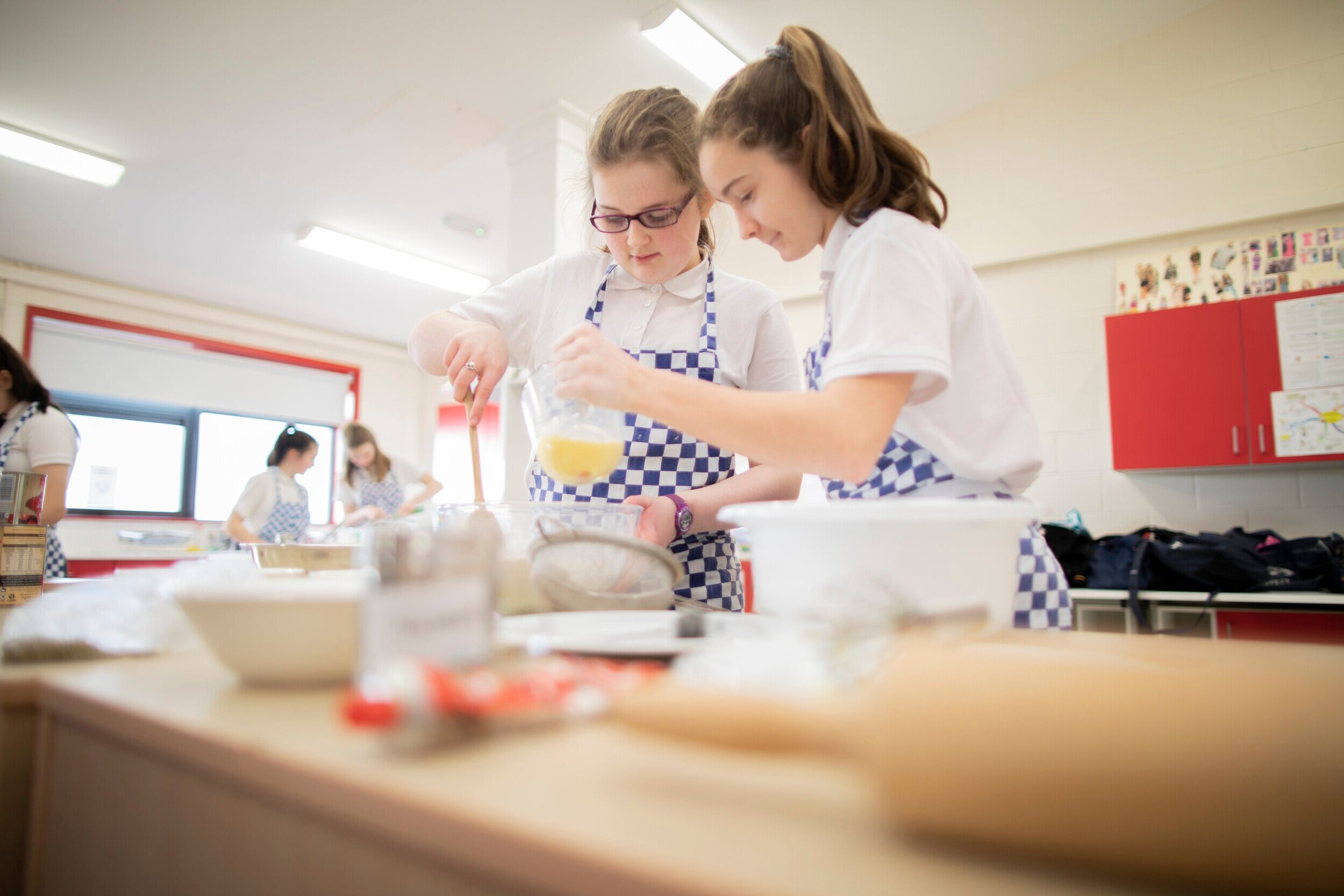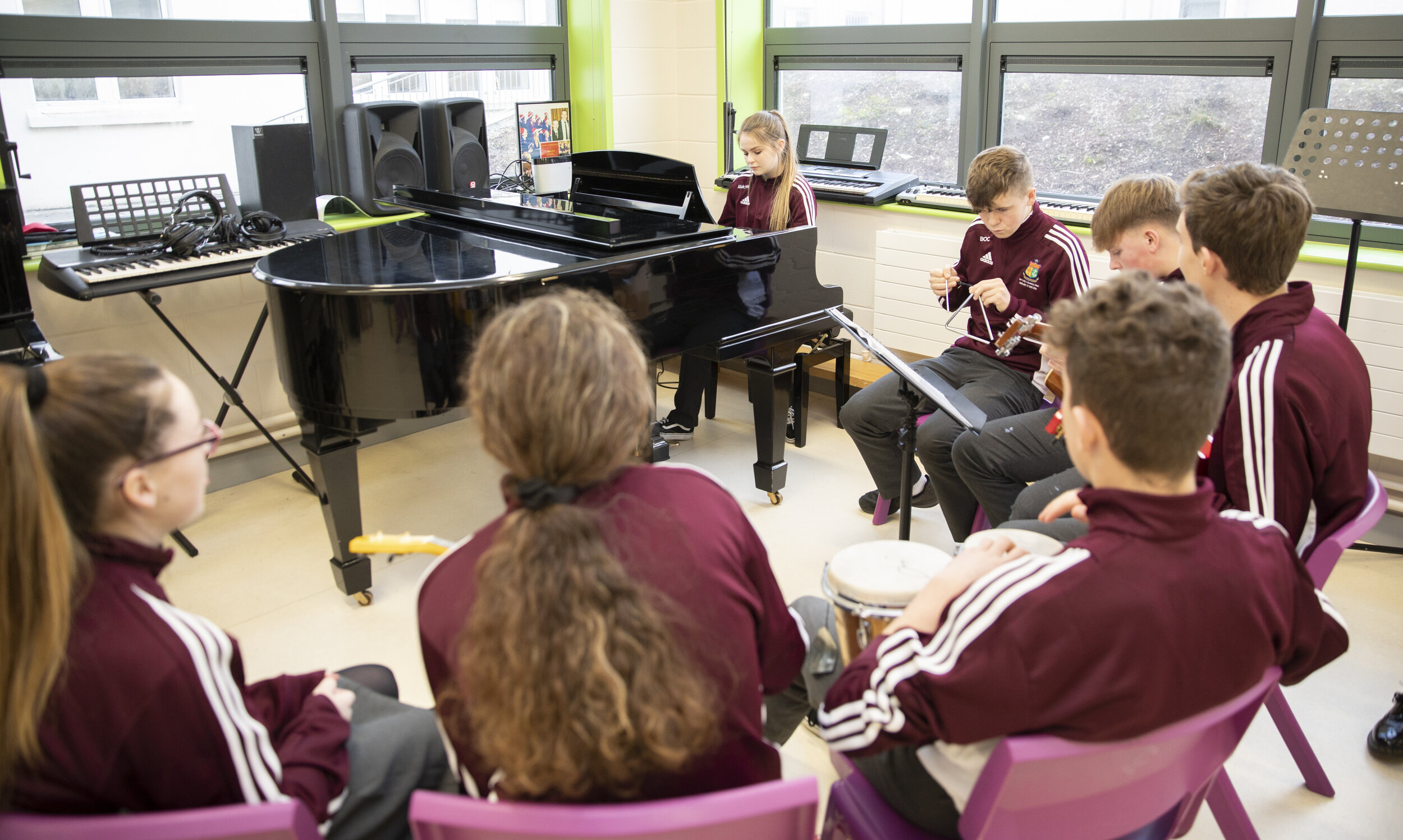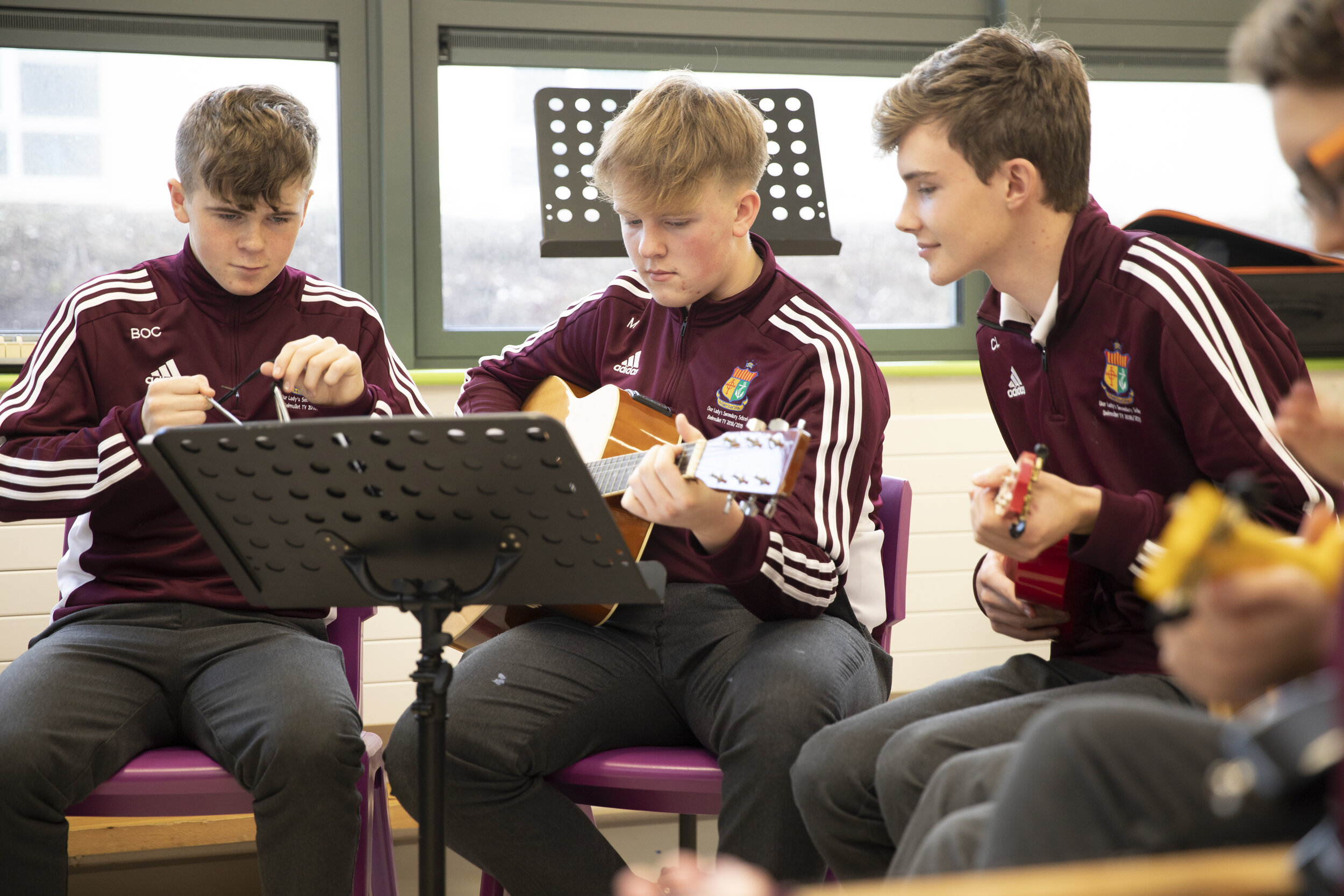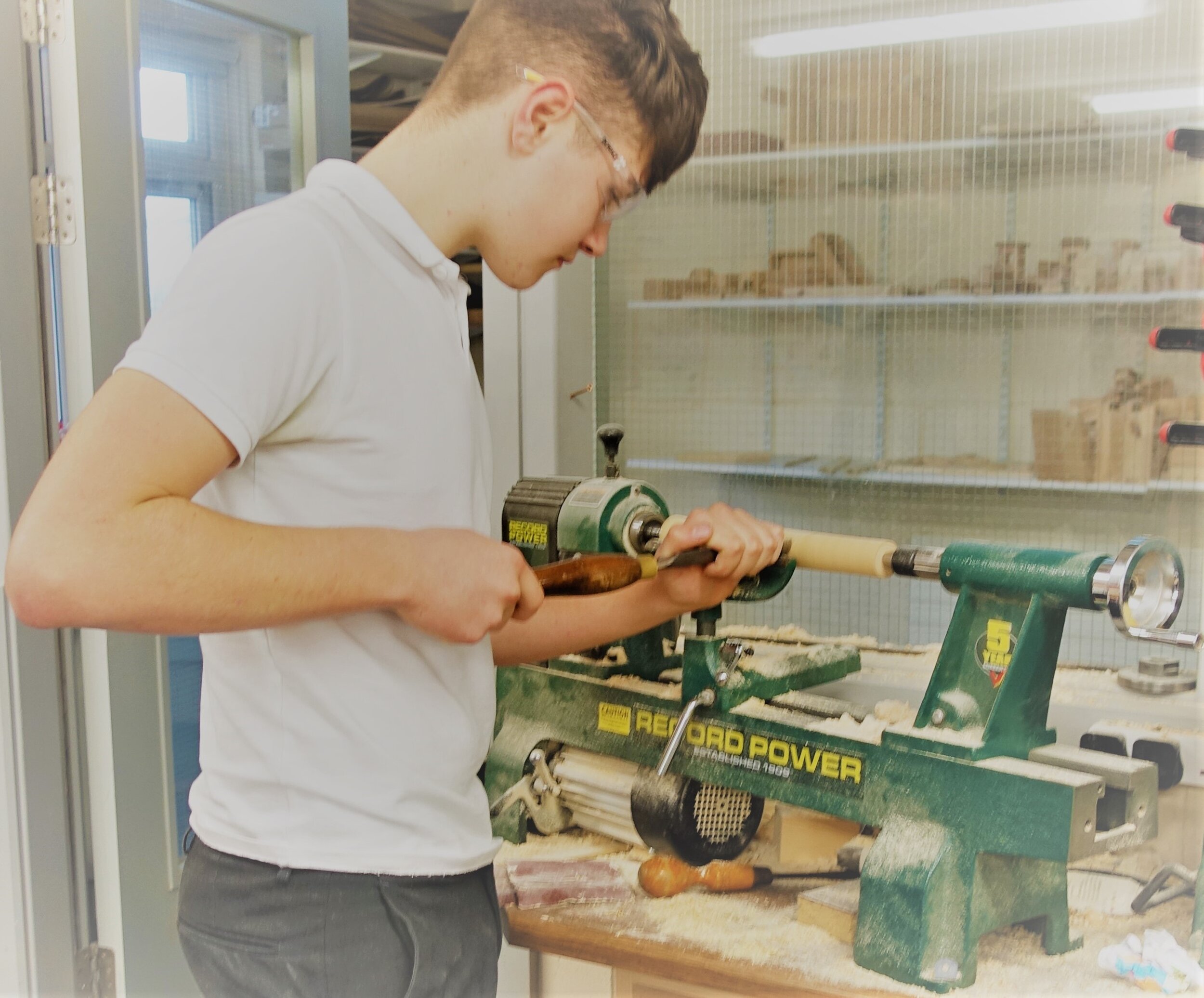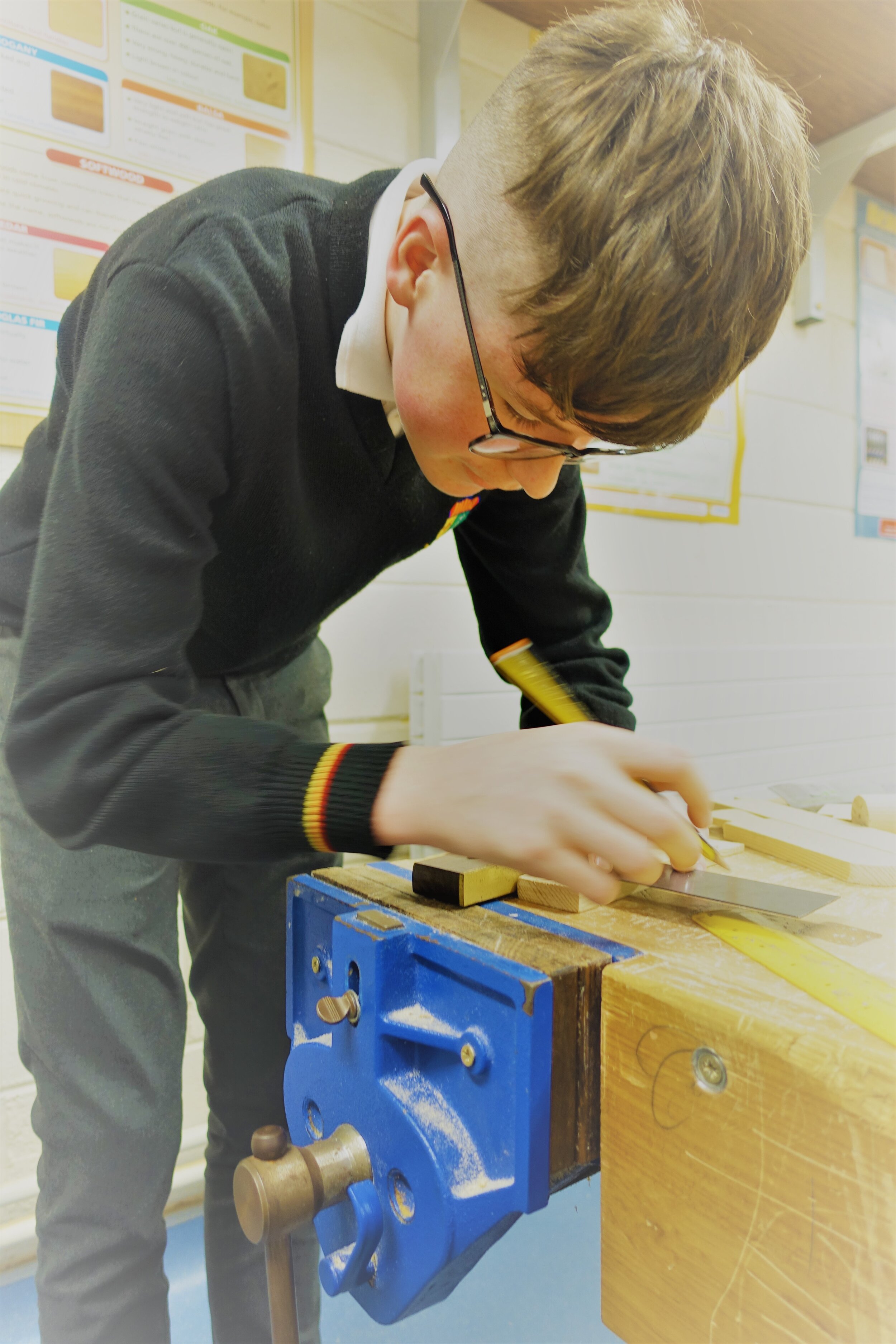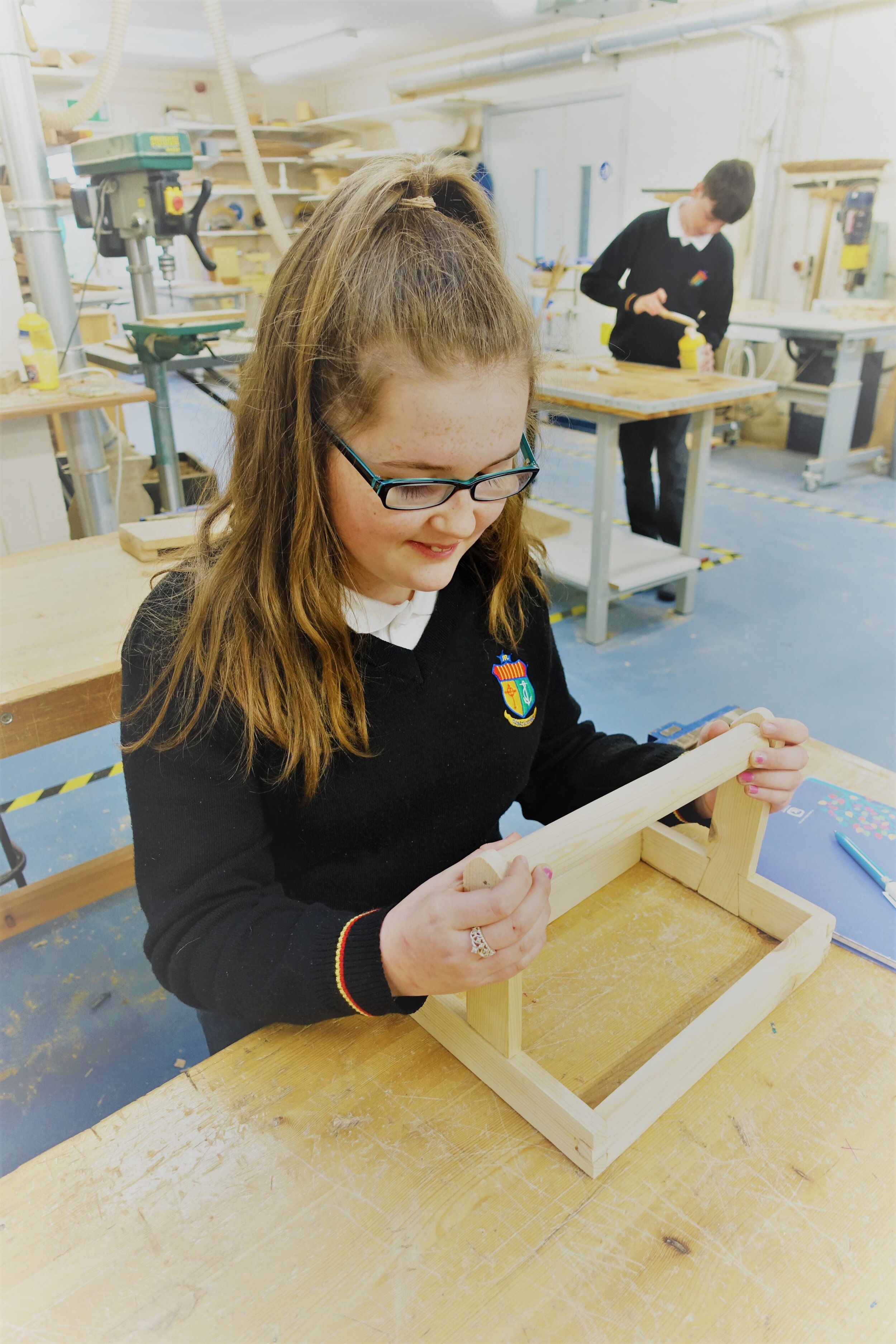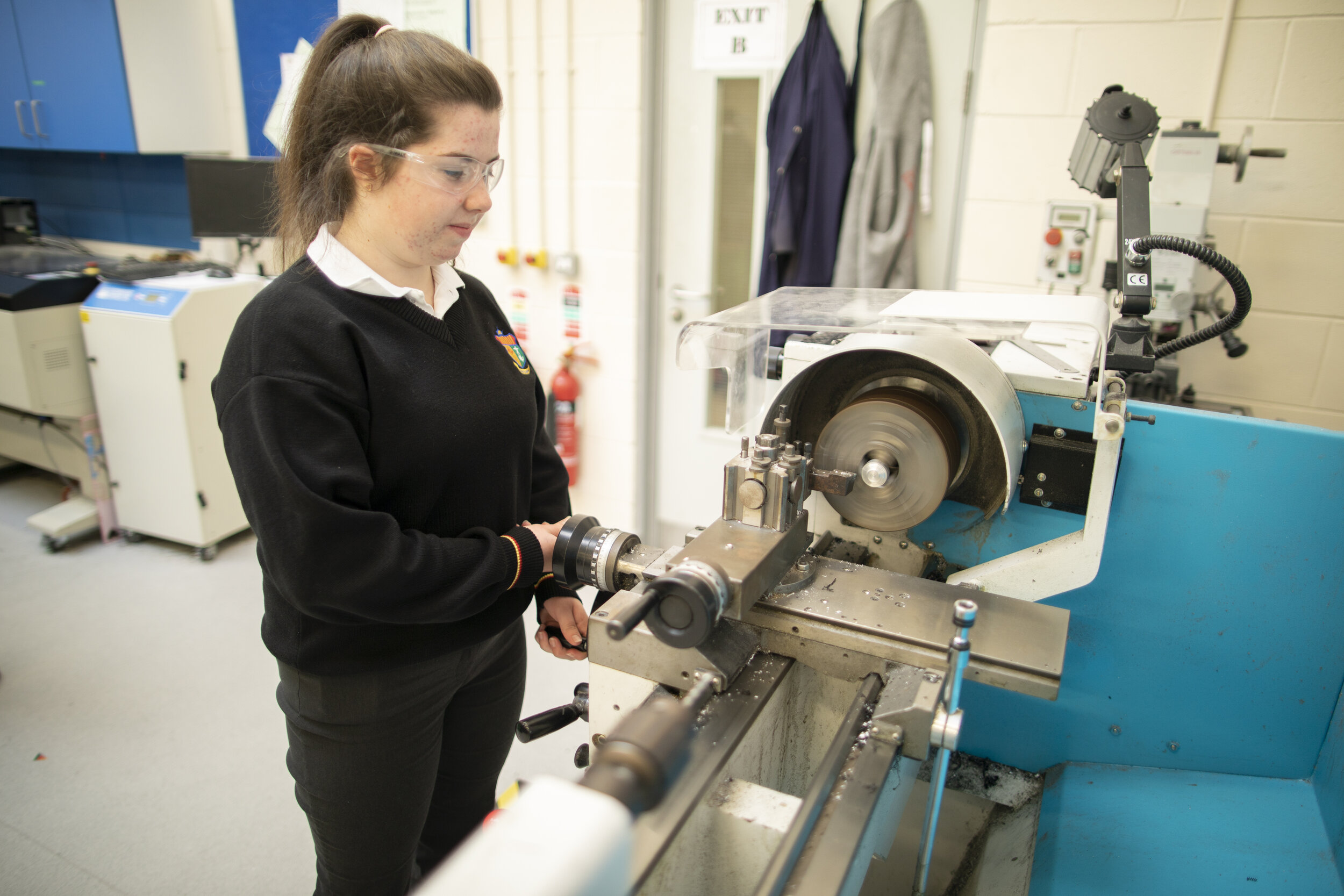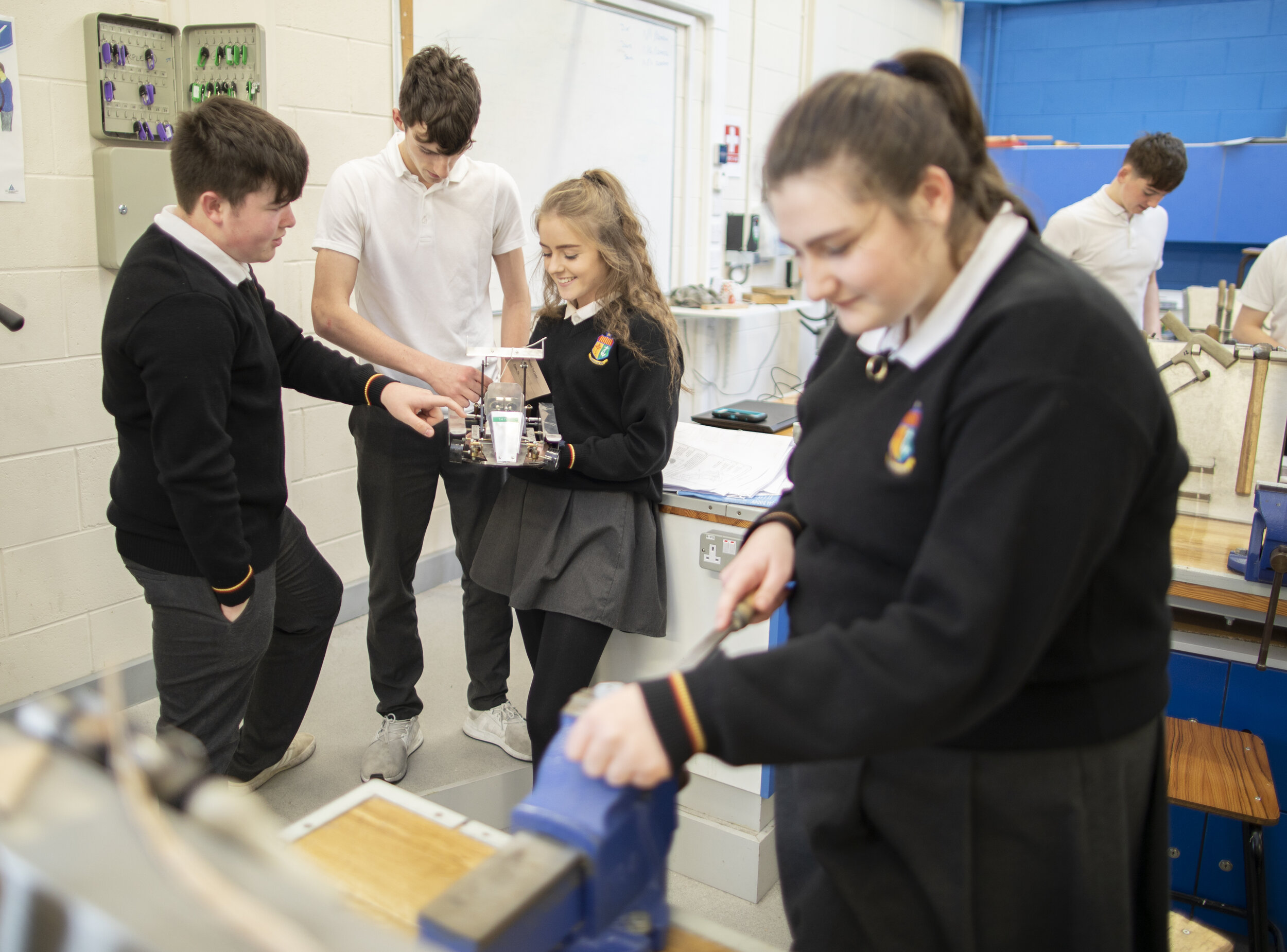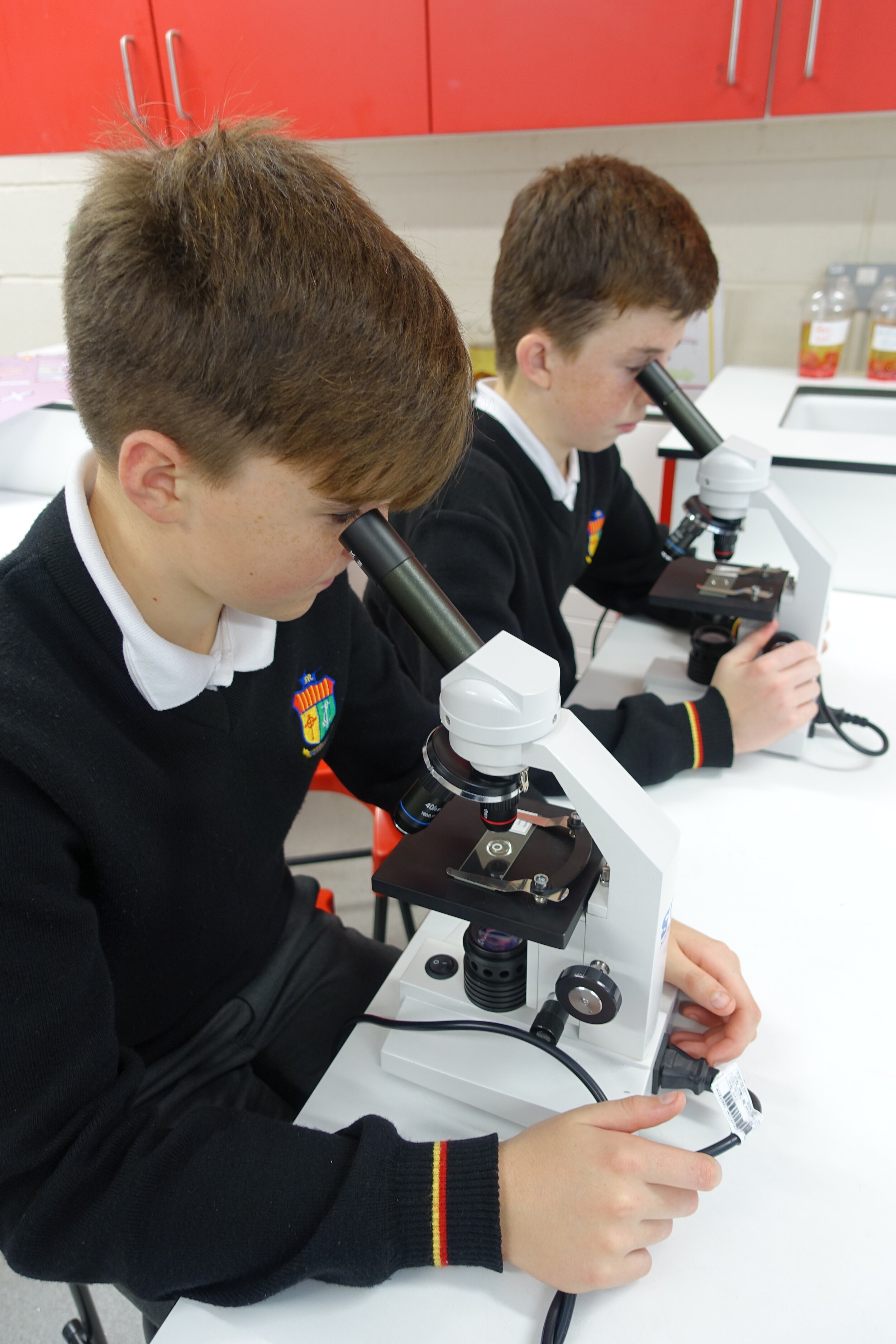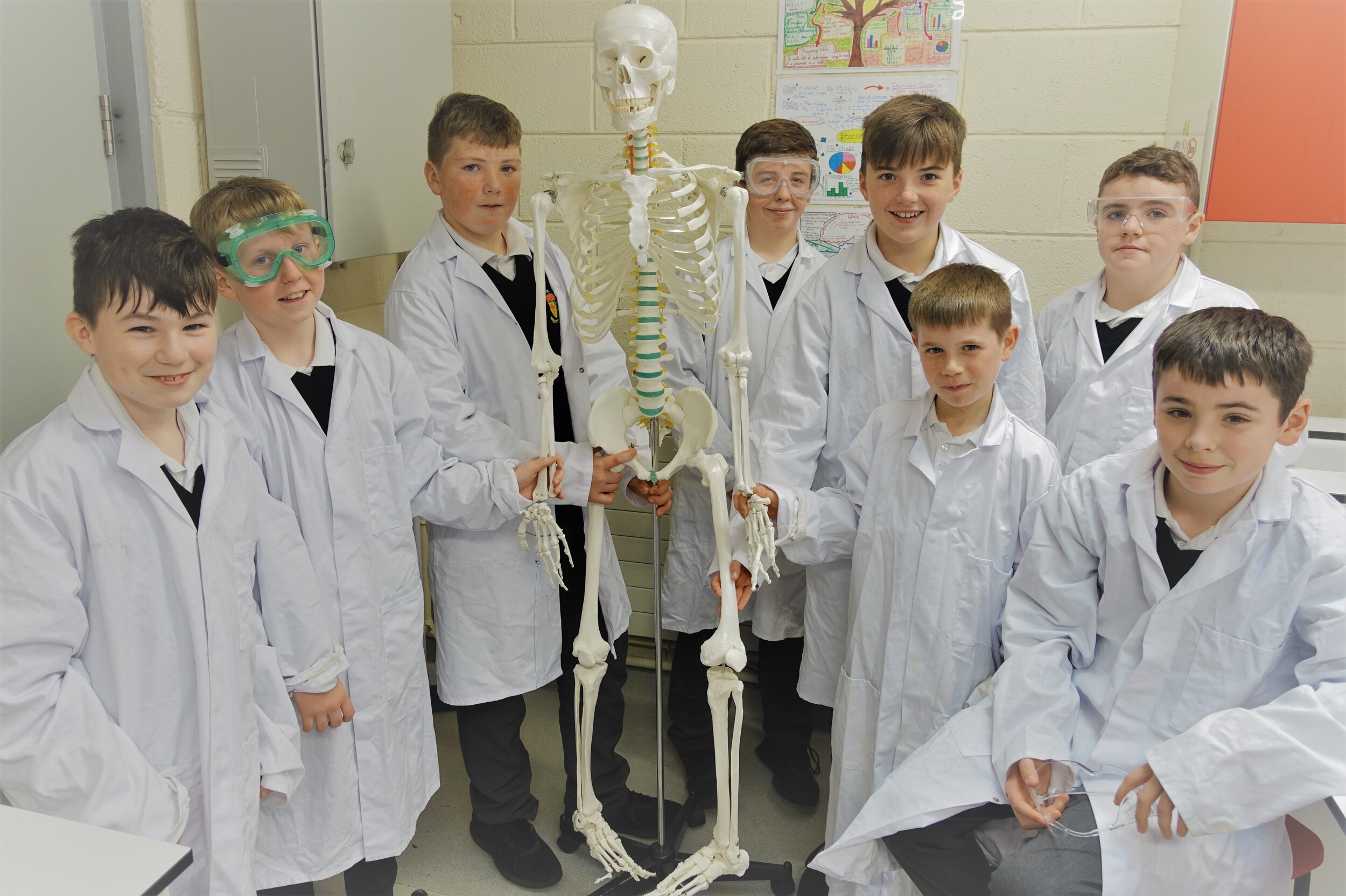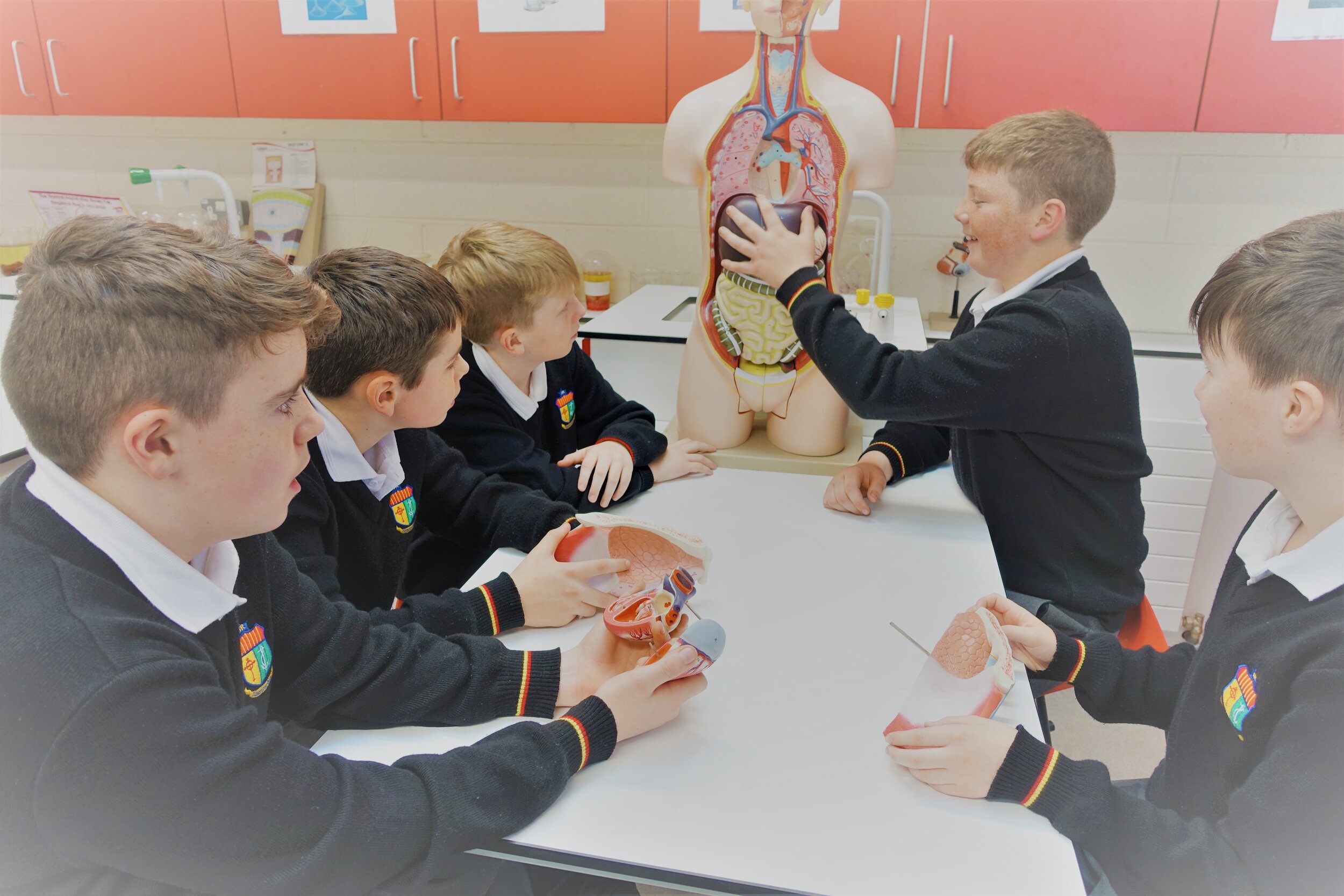English
Junior Cycle English focuses on the development of language and literacy in and through the three strands: Oral Language, Reading, and Writing. The elements of each of these strands place a focus on communicating, on active engagement with and exploration of a range of texts, and on acquiring and developing an implicit and explicit knowledge of the shape and structures of language. English aims to develop students’ knowledge of language and literature, to consolidate and deepen their literacy skills and make them more self-aware as learners.
More specifically it encourages all students to:—
Be creative through language and to gain enjoyment and continuing personal growth from English in all its forms
Develop control over English using it and responding to it with purpose and effect through the interconnected literacy skills of oral language, reading and writing
Engage personally with and think critically about an increasingly broad range of spoken, written and multimodal texts
Develop an informed appreciation of literature through personal encounters with a variety of literary texts
Use their literacy skills to manage information needs, and find, use, synthesise, evaluate and communicate information using a variety of media
Gain an understanding of the grammar and conventions of English and how they might be used to promote clear and effective communication.
There is strong continuity with English in senior cycle. This is especially evident in the learning outcomes which emphasise the students’ growing sense of the writing process, their awareness of audience and purpose, their development of genre awareness, and their growing ability to make links, however informal, between texts they study.


